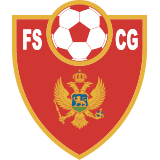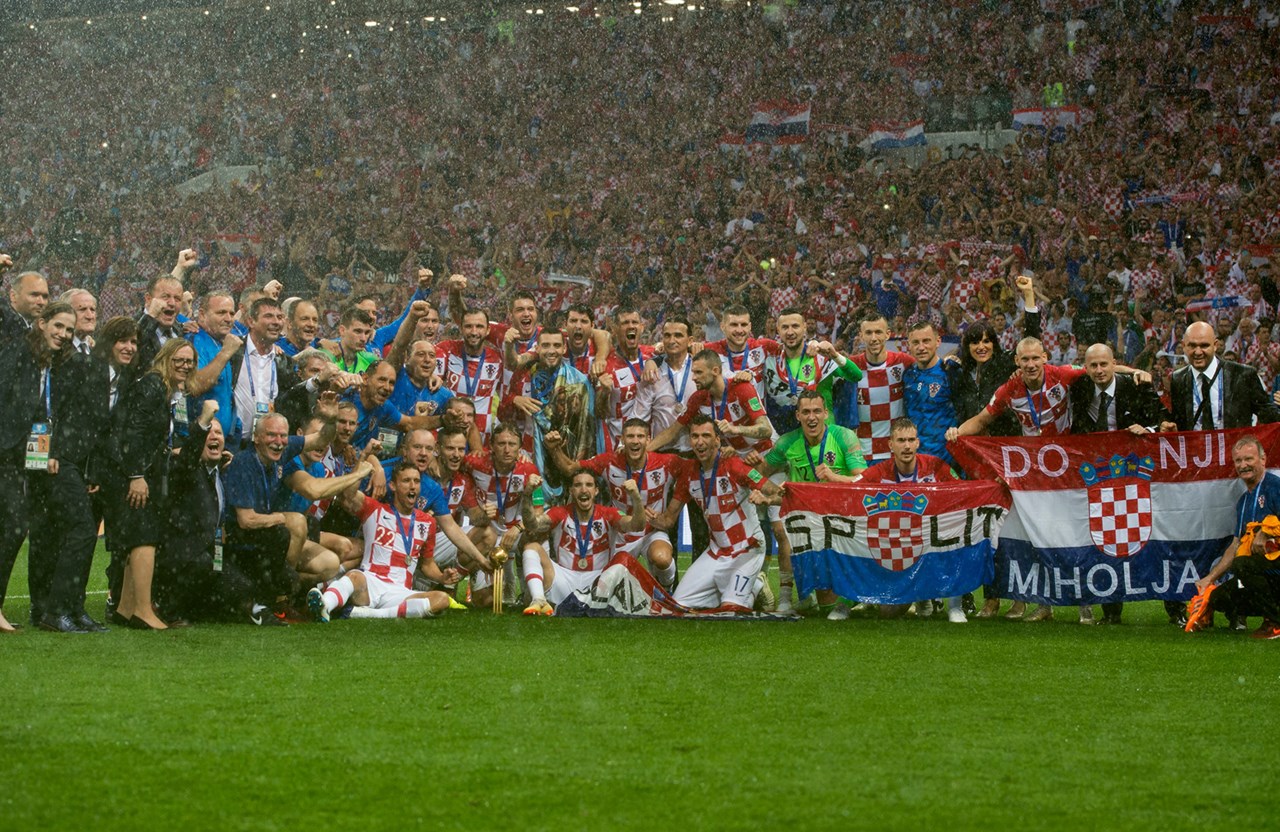
Photo by: Drago Sopta/HNS
Croatian Football Federation (HNS) was founded on 13 June 1912. HNS was first admitted to FIFA in 1941, and later on 3 July 1992, after Croatia gained independence. Admittance to UEFA dates back to 17 June, 1993.
Croatian football history dates back to the end of the 19th century, when the English came to Rijeka to build a factory and used their free time to play the first football matches on Croatian soil - although the Croats didn't participate.
The English industrialists have afterwards arrived to the Croatian city of Županja. Upon their arrival, they have started to employ local people, and then taught the young citizens of Županja their games, especially football. The English spent their after-work time playing with a small, round, compact leather ball. They passed the ball, kicked it around and soon they explained the rules of the game to the locals and finally left them the ball as a gift.
Football continued to be played in Županja, while the first football was found in 1979 in the Vladimir Nazor Street, in a typical border-crossing guardhouse, approximately two centuries old. The ball was made from natural leather with flaps, one of which was missing. The owner inherited the ball from his ancestors, employed by the tannin factory founded by the English.
The first book about football, including the game rules, has been printed in Zagreb in 1896. An improved book of rules, along with explanations and guidelines, has been published in 1908. Football has been played by Croats through the gymnastic organization Croatian Falcon, while the first Croatian sports club committed to football was the First Football and Sports Club Zagreb, founded in 1903.
Before the World War I, some English teams have visited Zagreb and Croatia, where they have been defeated by the Croatian club HAŠK, and after the World War I, the Split team played several matches against the teams of English battleship sailors, anchored throughout the Adriatic. Professional coaches arrived to Croatia in 1914 to train and lead Croatian teams.
At the beginning of the 20th century, when first football clubs were founded in Croatia, football leaders wanted to found a national football federation, but the political circumstances didn't allow it. After the first public football game between HAŠK and PNIŠK, played in Zagreb in front of the University Library in 1906, the Croats developed even bigger desire to establish a national football federation. Three years later, the Croatian Sports Federation was founded.
In 1912, the oldest and most prominent football employees in Croatia, Milovan Zoričić, Zvonimir Klobučar, Ivan Pipinić, Hinko Würth, Dragutin Albrecht, and Branko Gavella, took over the stage to develop and improve football in Croatia. They can therefore be considered as some of the first members of the newly founded Croatian Football Federation.
Croatia national team played its first international matches back in 1907 in Prague against Slavia. HNS continued its work during the World War I and II, including the struggle for equality within the Yugoslav Football Federation. Thus, Croatia participated in a joint football history within the former Yugoslavia, and numerous Croatian teams participated in the European Cup/Champions League and other UEFA competitions, while Croatian players participated in European Championships and World Cups in Yugoslav colours. Among the top goalscorers of the 1960 UEFA EURO and 1962 FIFA World Cup was Croatia striker Dražan Jerković, while Josip Skoblar won a Golden Boot as a Olympique Marseille player in 1970/71.
With the establishment of the sovereign, independent and democratic Republic of Croatia in early 1990s, Croatian football also became independent and the HNS started to work on further development of the most popular sport in the country and the world. Croatia was admitted to FIFA in 1992, although a first admission dates back in 1941, while in 1993 Croatia was admitted to UEFA.
The first modern official Croatian international match was an October 1990 friendly between Croatia and USA, played at Maksimir Stadium in Zagreb. From then on until now, Croatia has managed to qualify for 12 out of 14 major tournaments, missing only the 2000 UEFA EURO and the 2010 FIFA World Cup. Up until 2018, Croatia’s biggest international success was its appearance at the FIFA World Cup in France, where the national team achieved the first great result in Croatian football history by winning the bronze medal. At the same tournament, Croatia striker Davor Šuker was the top goalscorer with six goals and has therefore won the Golden Boot award. Additionally, Šuker is the top Croatian goalscorer in history with 45 goals (69 caps).
At the 2018 FIFA World Cup Russia, generation led by head coach Zlatko Dalić managed to surpass the "bronze" generation by winnings its way into the World Cup final where it lost against France 4:2. Silver medalists were given a hero's welcome by more than 500.000 fans in Zagreb. After his stellar play during the tournament, captain Luka Modrić was awarded the Golden Ball for the best player of the tournament, and later, he received the prestigous Ballon d'Or.
Four years later, the Vatreni managed to surprise the world once more by winning the bronze medal at the 2022 FIFA World Cup in Qatar. On its way to the bronze medal, Croatia managed to beat tournament favorites Brazil in the quarter-finals, marking this match as one of biggest victories in the history of Croatian football. The Vatreni won their bronze medal by winning against Morocco in the third place play-off, and Luka Modrić was awarded the Bronze Ball for the third best player of the tournament.
Croatia continues its run of success at UEFA Nations League in 2023 when it won a silver medal.
Croatia was close to semifinals at the 2008 UEFA EURO, and HNS is extremely proud of successful work in youth categories. Moreover, Croatia was a praised host of the 2017 European Championships U-17.
The greats such as Šuker, Boban, Prosinečki, Bilić and others, under the head coach Blažević, has paved the way for the successors, who used the opportunity to leave a mark in the best European clubs. Current captain Modrić has won five Champions League titles with Real Madrid, while Mandžukić scored twice in the finals, for Bayern and Juventus.
The names of former captain Srna, Rakitić, Pršo, Kovač brothers, Olić, and other remain among the best Croatian ambassadors in the world. Furthermore, they remain a permanent confirmation of the quality efforts of the Croatian Football Federation.
- Predsjednici HNS-a
- Glavni tajnici/Izvršni direktori
- Izbornici
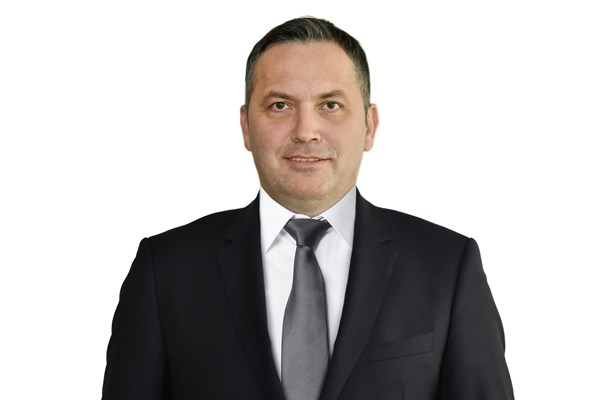
Marijan Kustić
2021. –
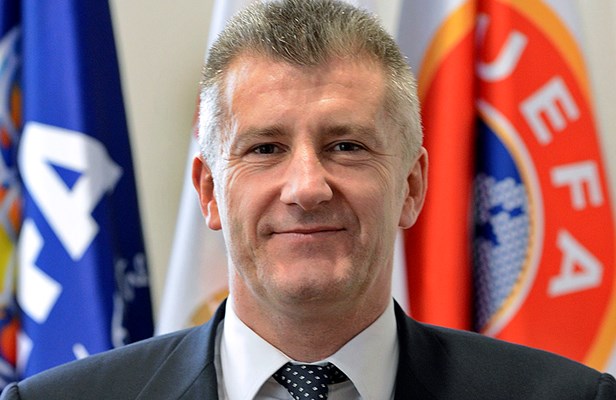
Davor Šuker
2012. – 2021.
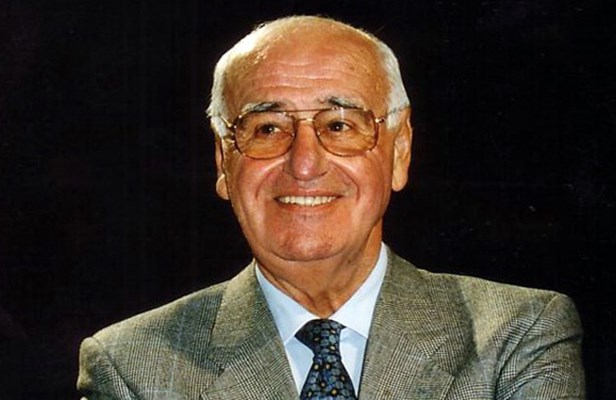
Vlatko Marković
1998. – 2012.
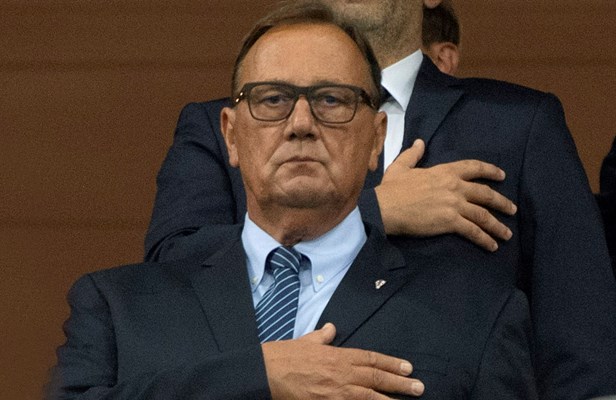
Branko Mikša
1997. – 1998.
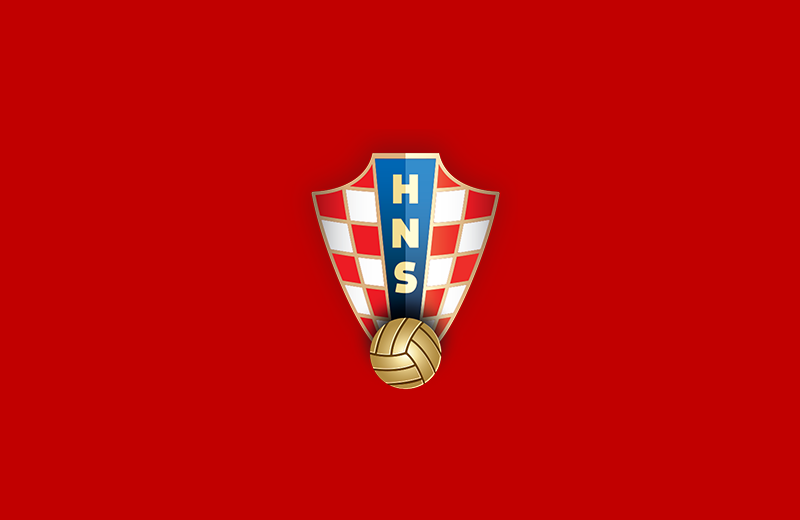
dr. Josip Šoić
1996. – 1997.
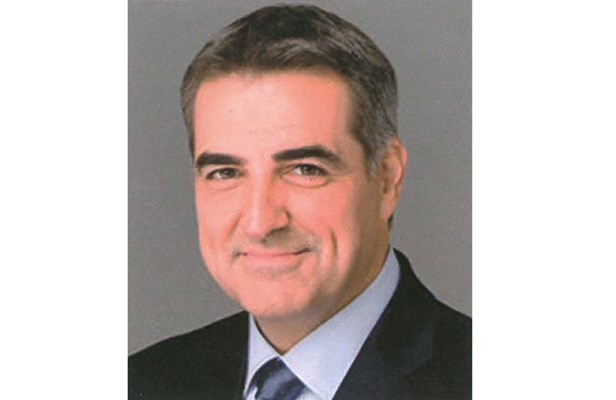
Nadan Vidošević
1995. – 1996.

Đuro Brodarac
1995.
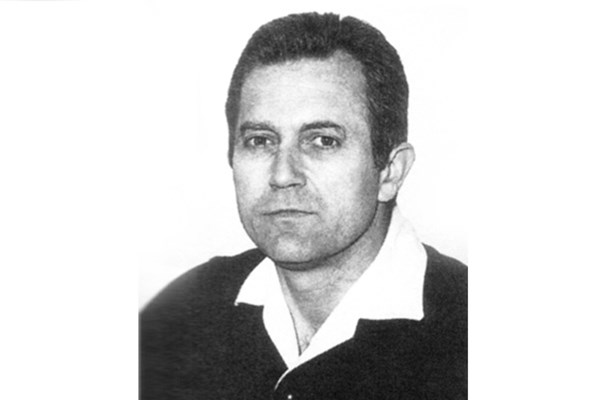
dr. Damir Matovinović (v.d.)
1994. – 1995.

dr. Mladen Vedriš
1990. – 1994.
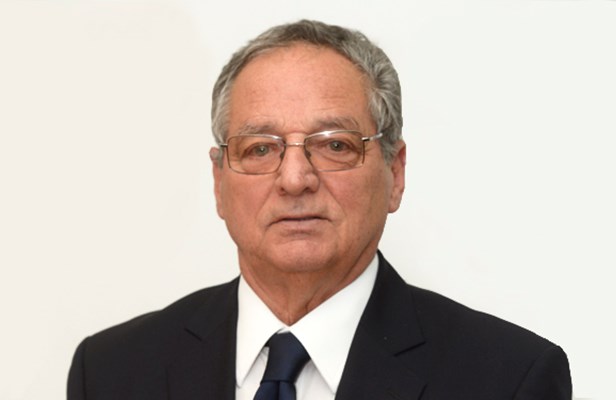
Paško Viđak
1988. – 1990.

Antun Ćilić
1985. – 1988.
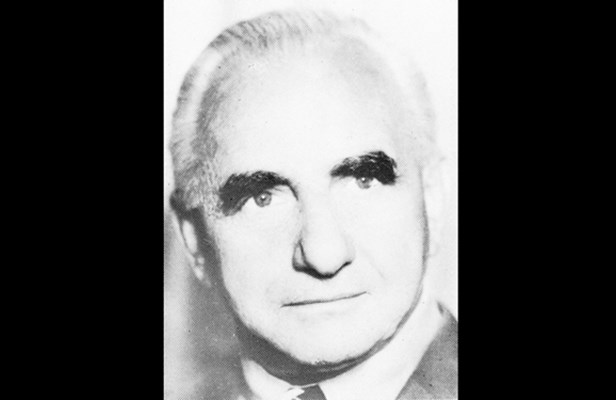
Adam Sušanj
1985.
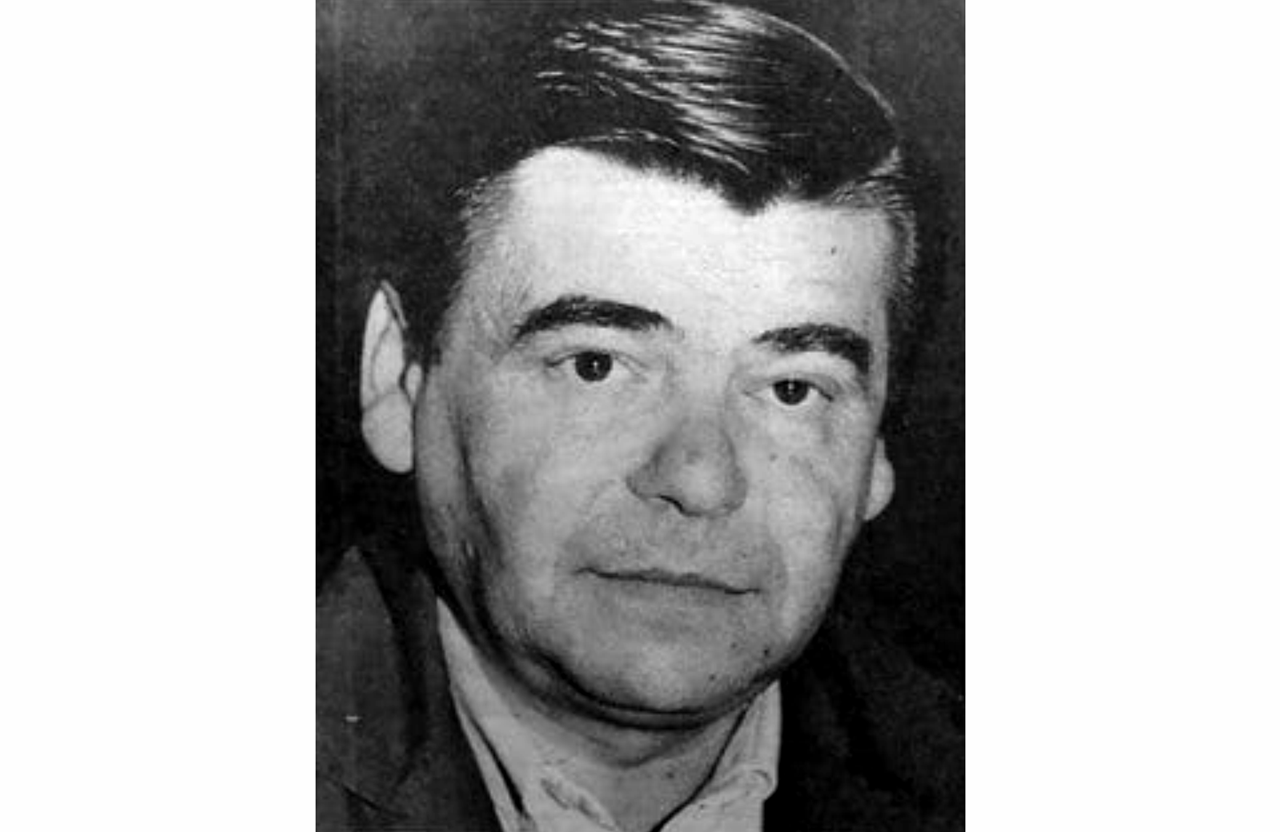
Milivoj Ražov
1984. – 1985.
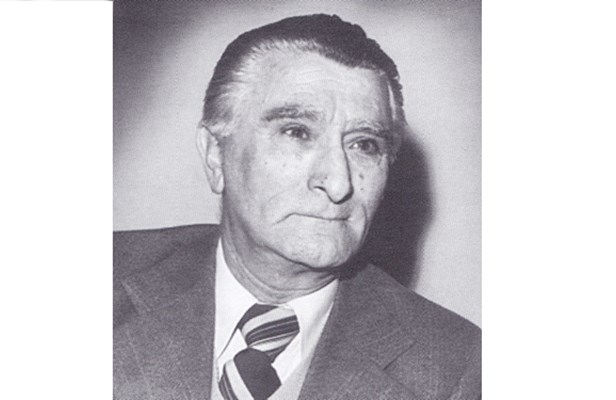
Dušan Veselinović
1982. – 1984.
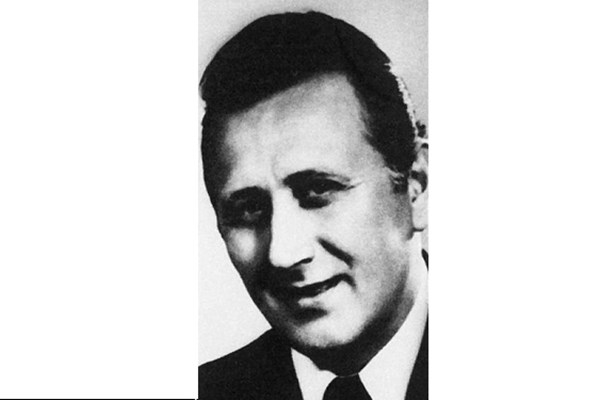
Željko Huber
1981. – 1982.
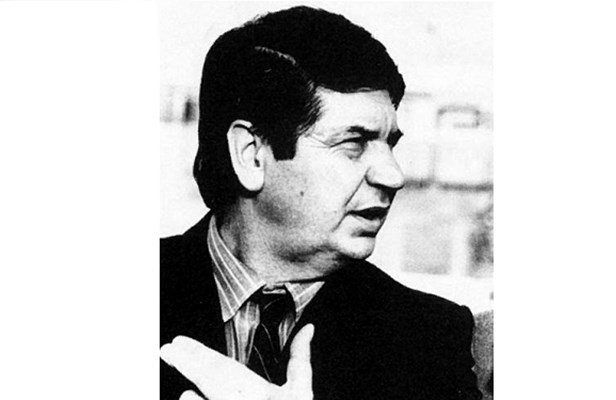
Ljubo Španjol
1978. – 1981.
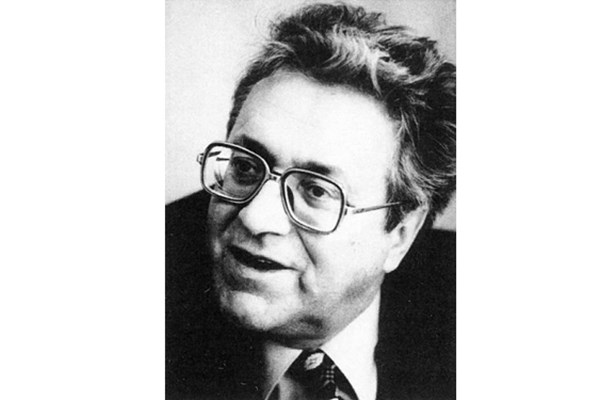
Vlato Bogatec
1976. – 1978.
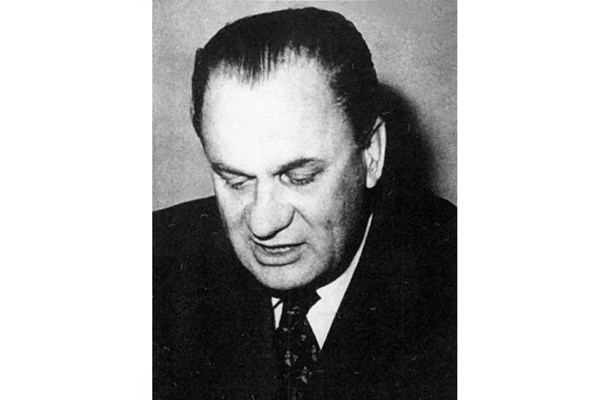
Ivan Kolić
1971. – 1976.
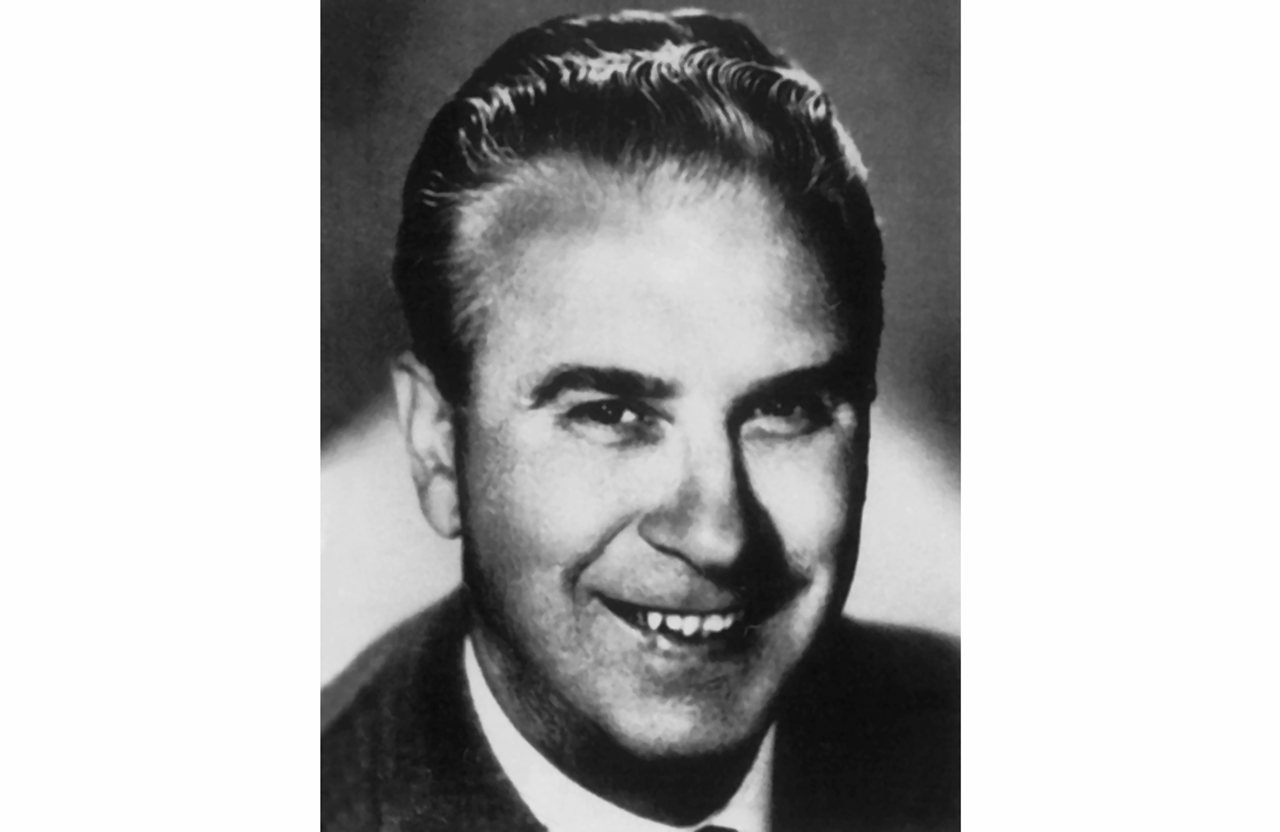
Bruno Knežević
1968. – 1971.
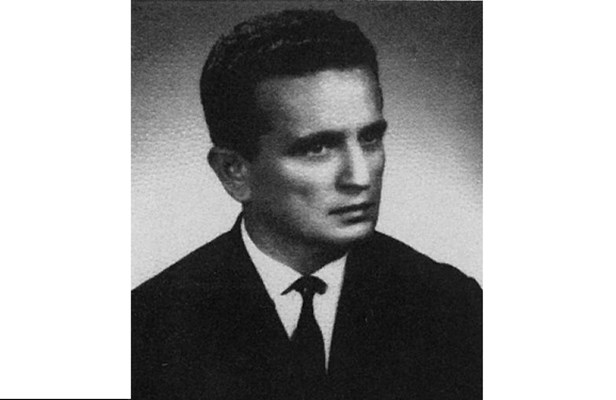
Luka Bajakić
1965. – 1968.
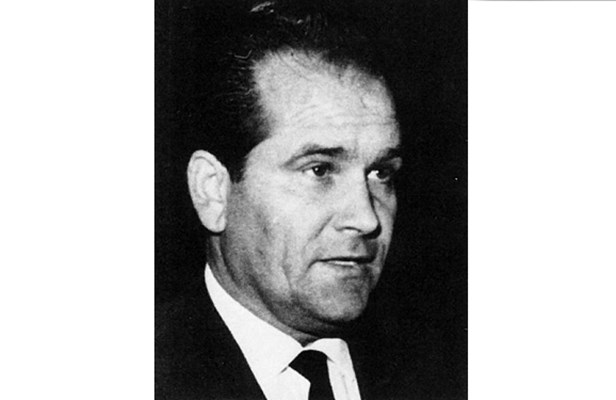
Pero Splivalo
1959. – 1965.
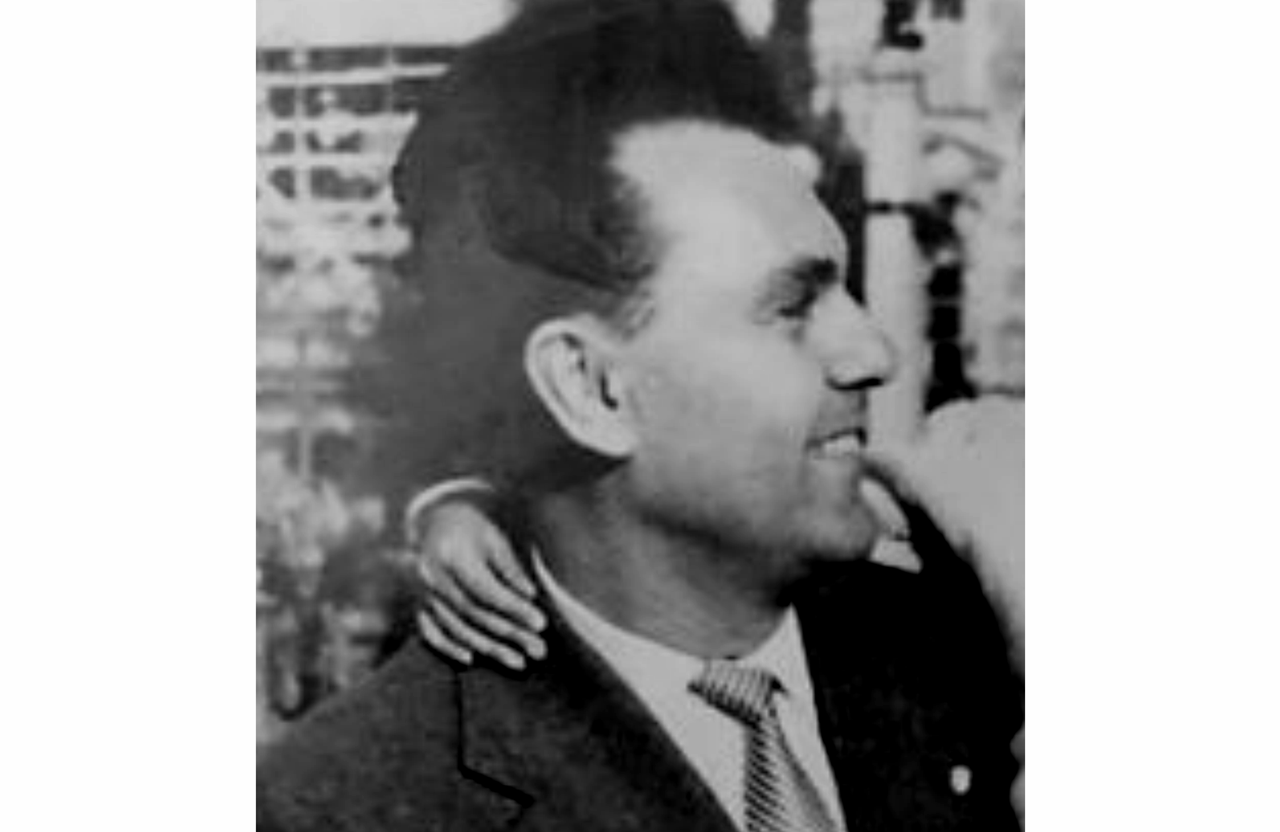
Mirko Oklobdžija
1957. – 1959.
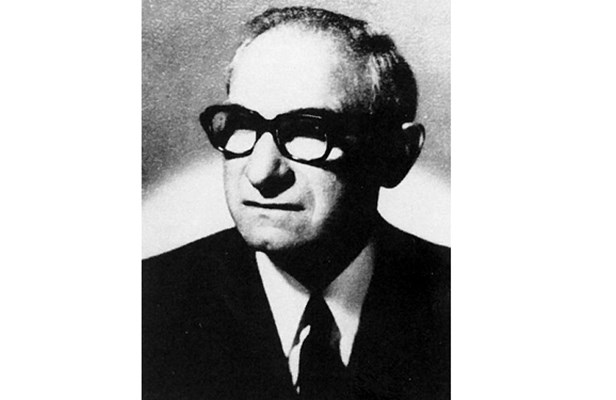
Vlado Ranogajec
1953. – 1957.
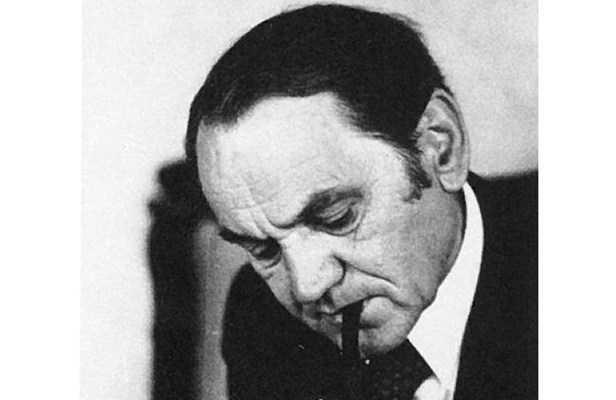
inž. Boris Bakrač
1950. – 1953.
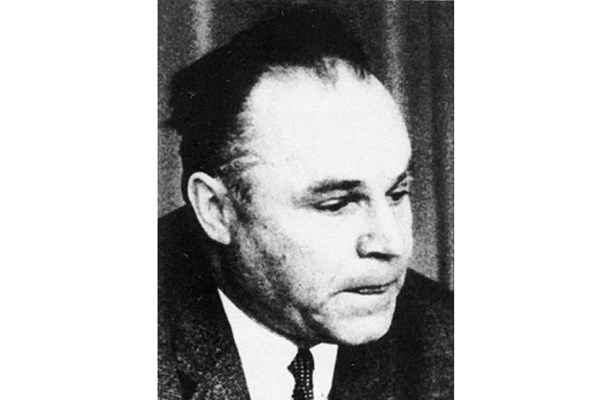
Lazo Vračarić
1947. – 1950.
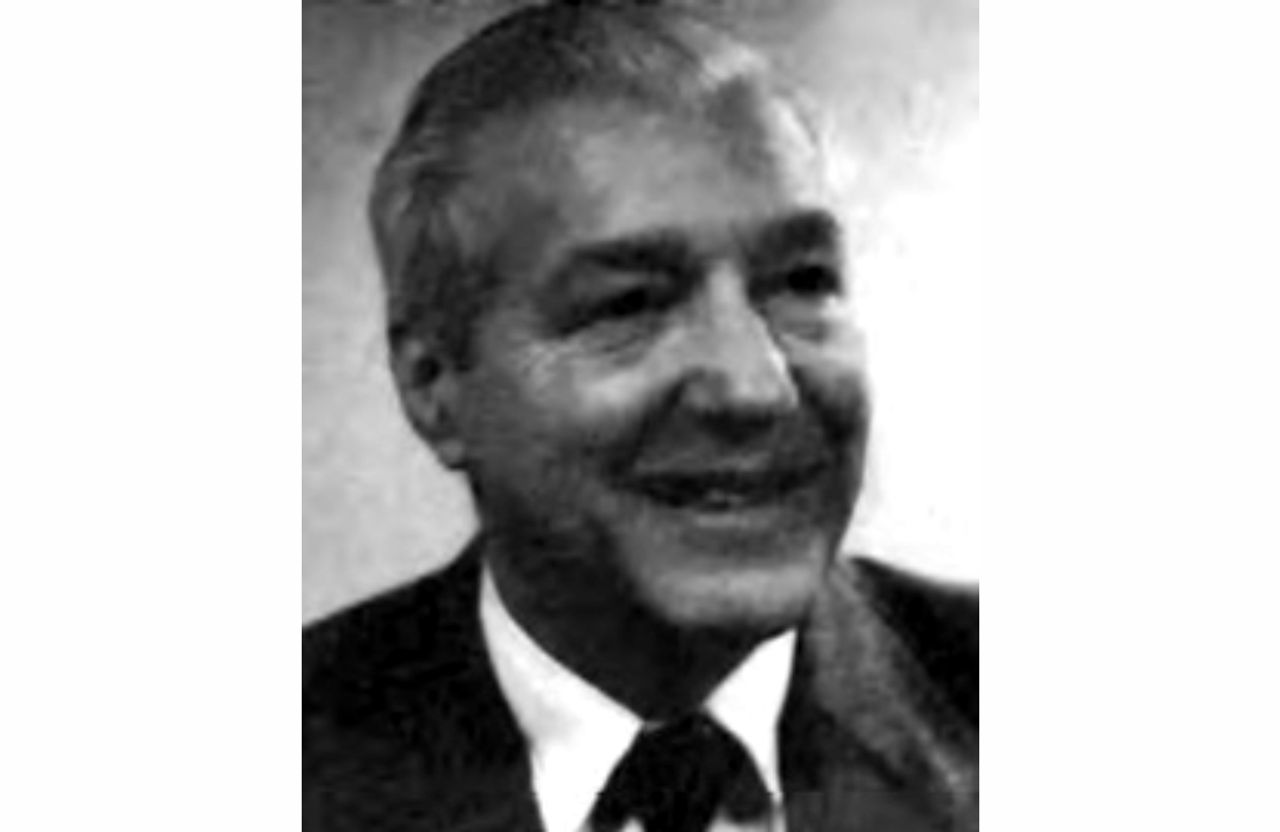
Ratko Viličić
1946. – 1947.
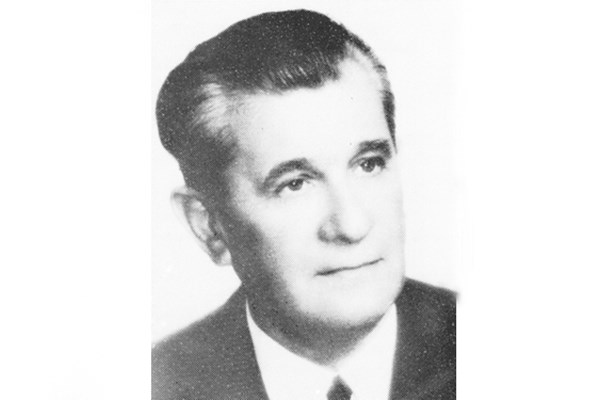
Mijo Hršak
1945. – 1946.
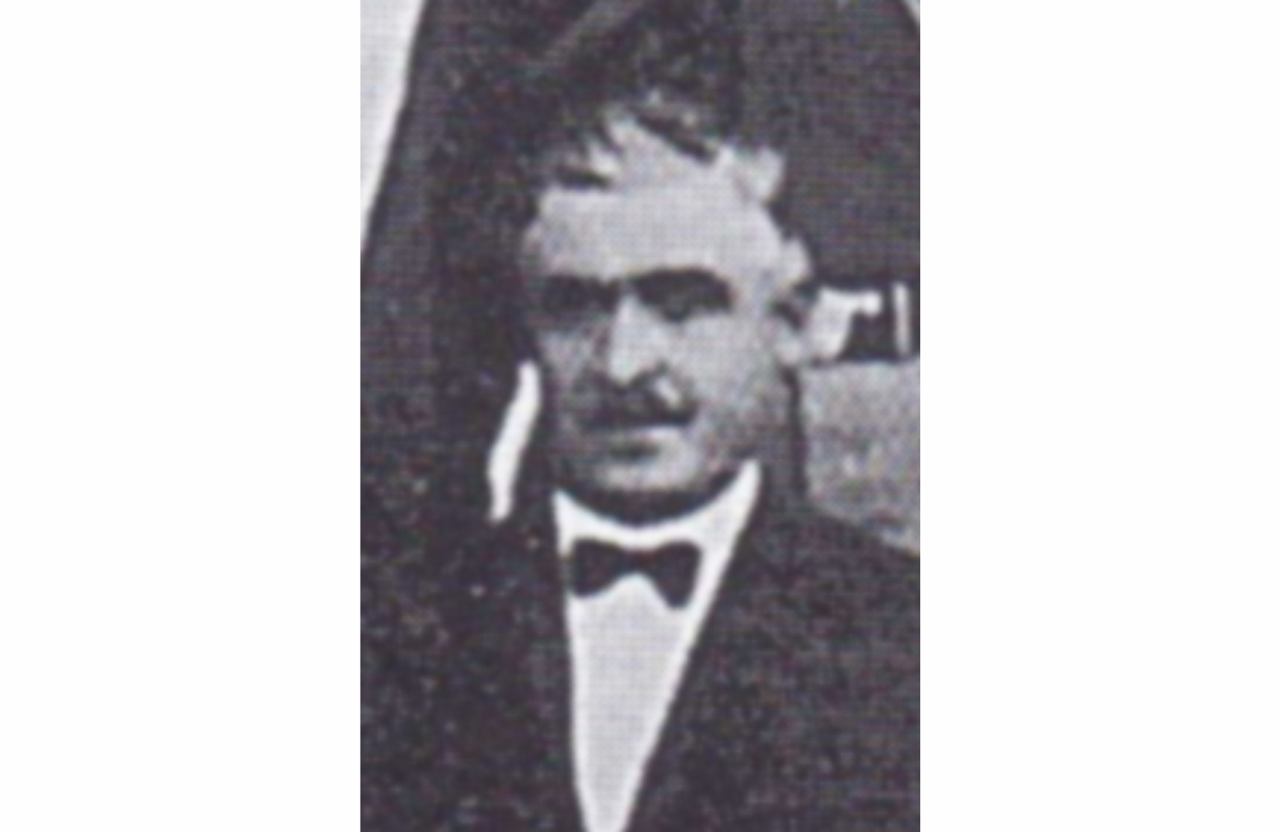
dr. Rinaldo Čulić
1945.
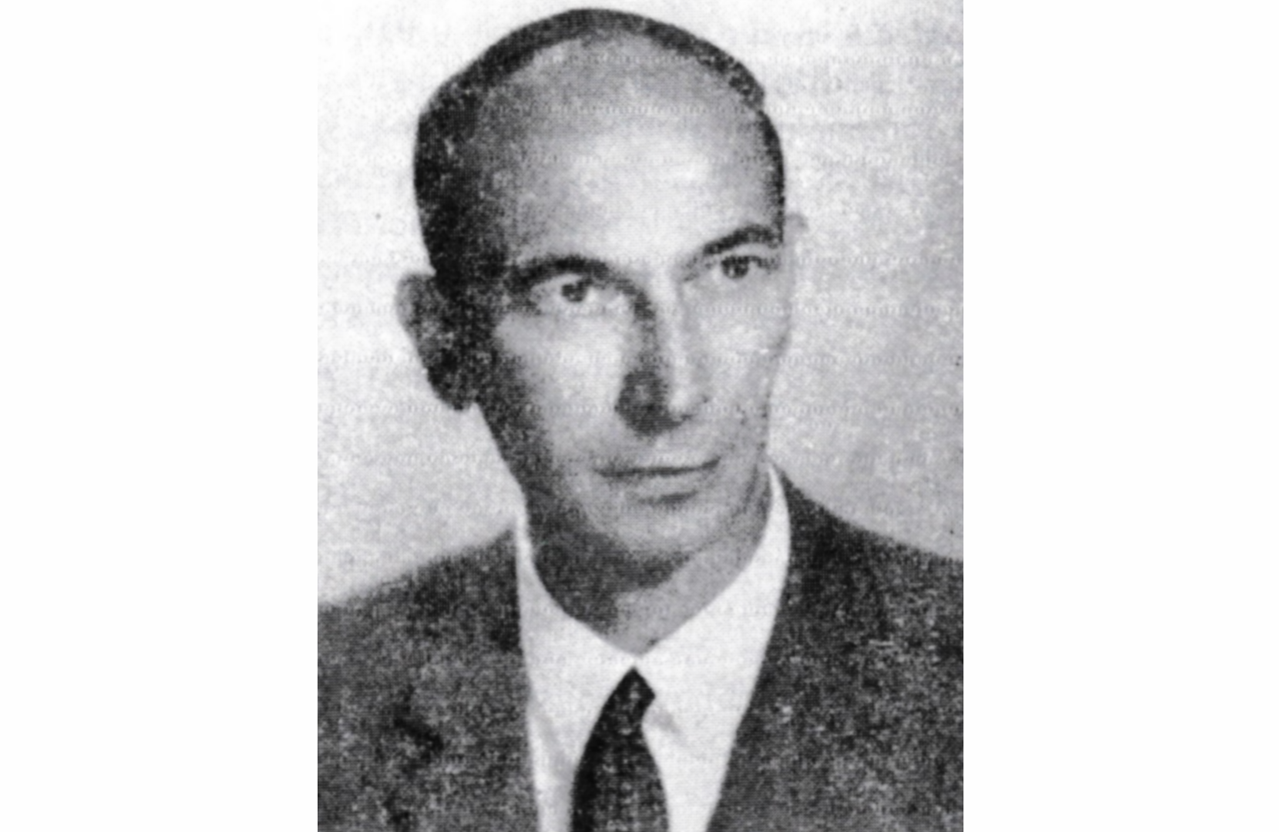
Vatroslav Petek
1942. – 1945.
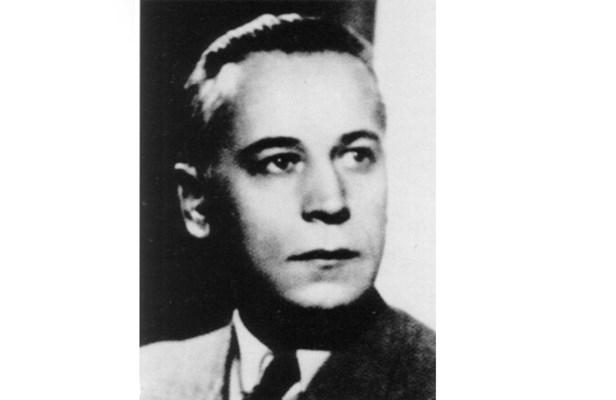
dr. Rudolf Hitrec
1941. – 1942.
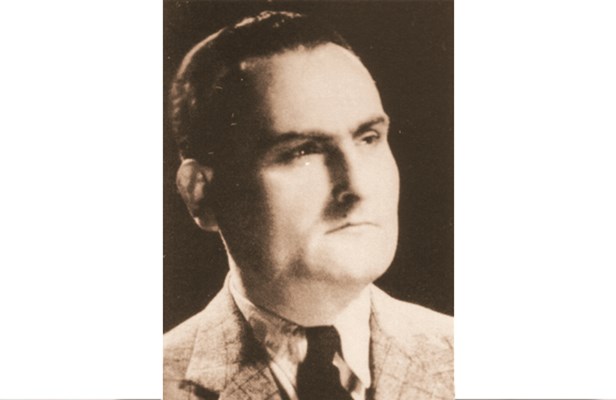
dr. Ivo Kraljević
1939. – 1941.
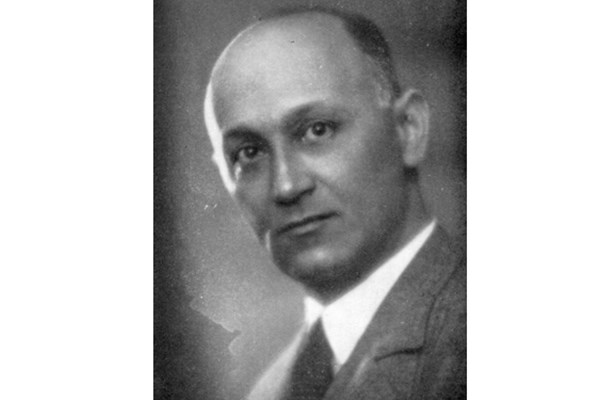
dr. Milan Graf
1918. – 1919.
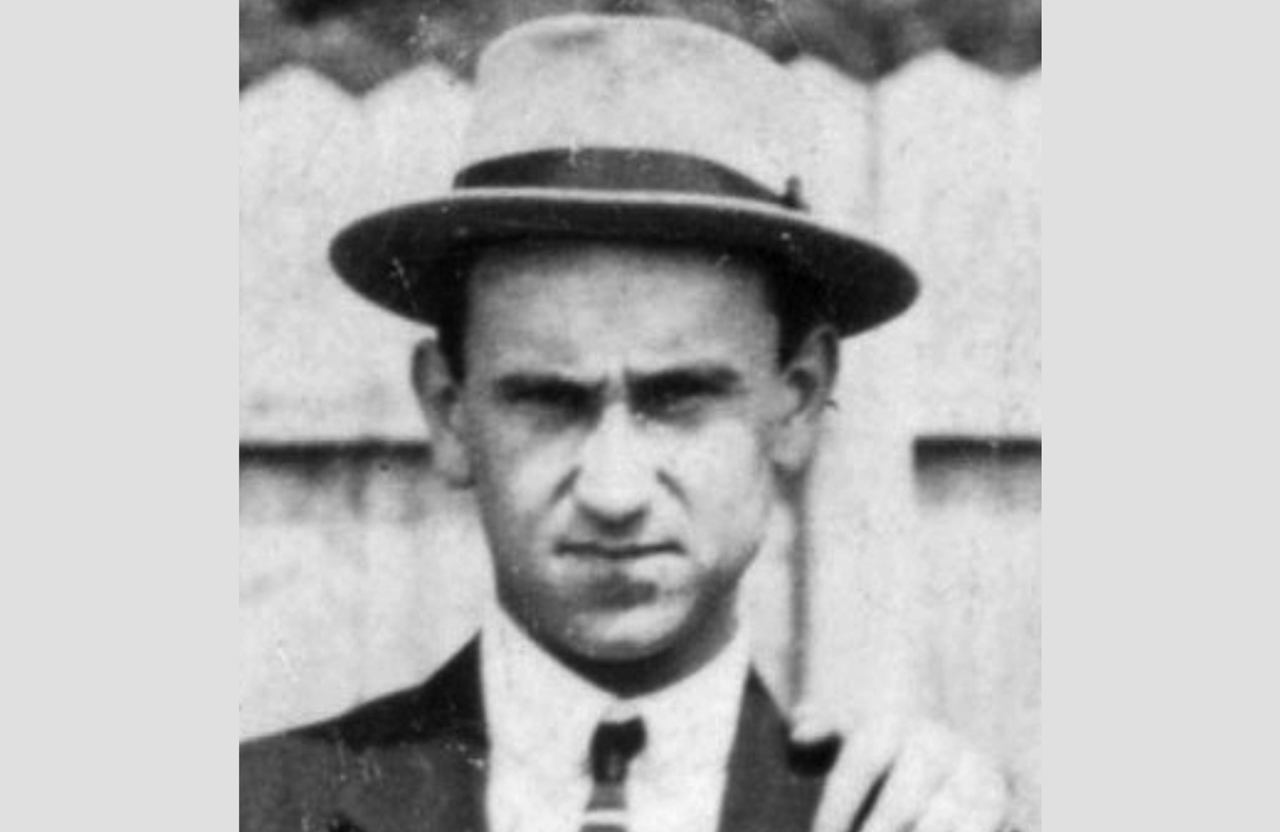
Vladimir Očić
1918.
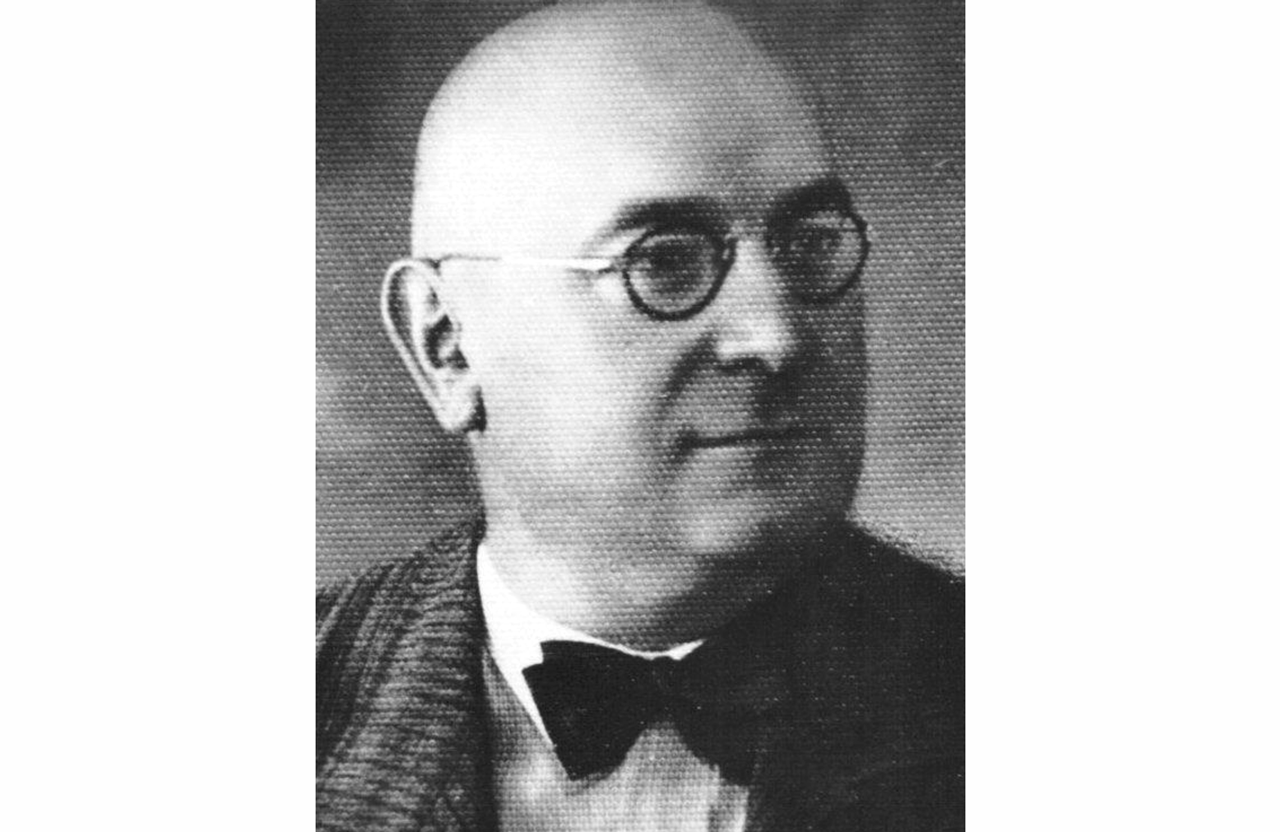
Dimitrije Magarašević
1914.
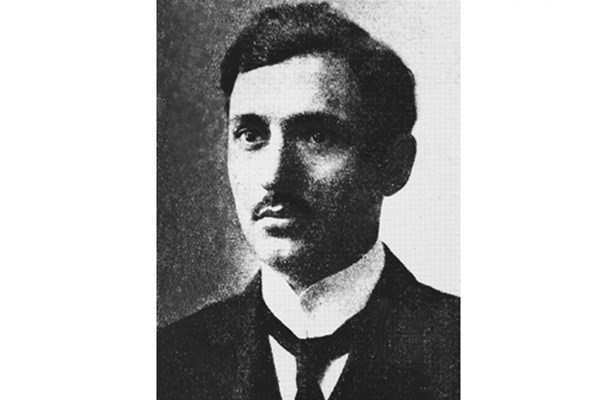
prof. dr. Milovan Zoričić
1912. – 1914.
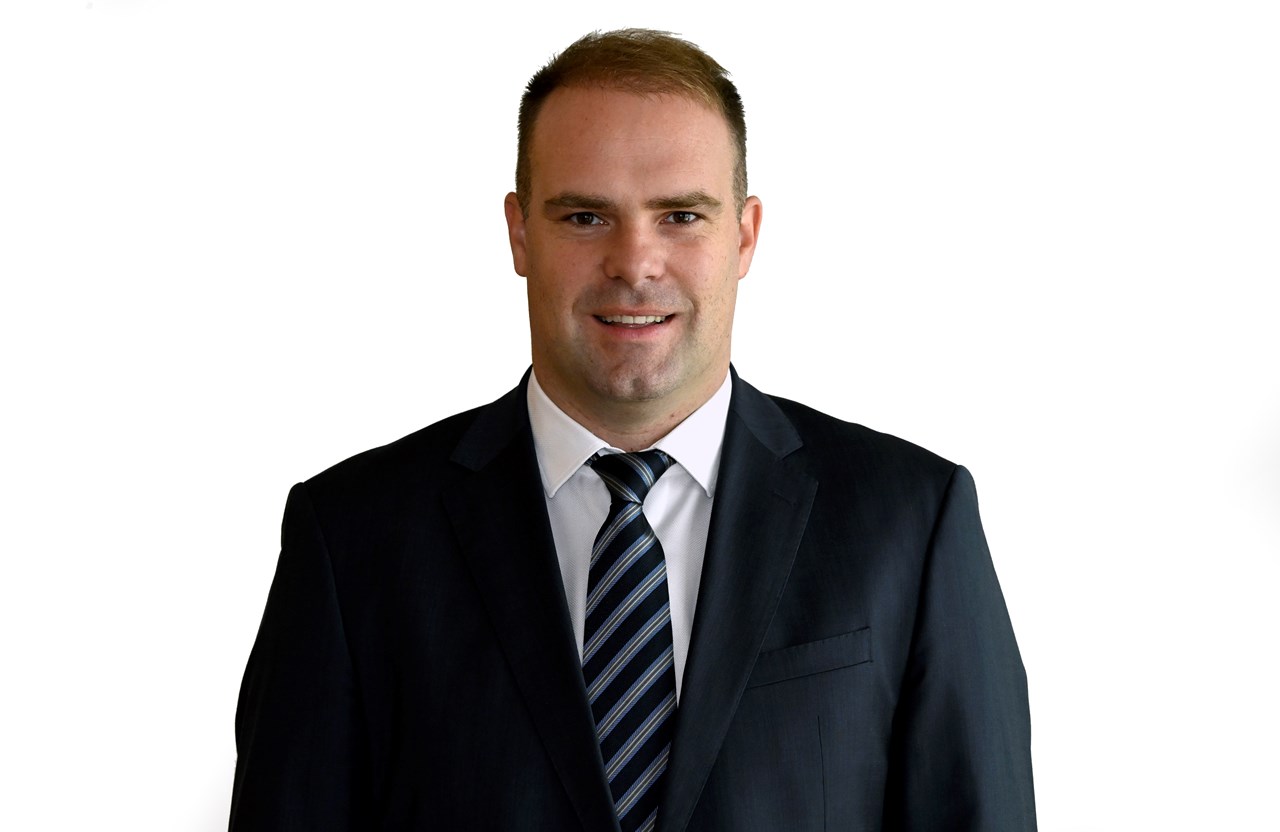
dr. Josip Tomaško
2026. -
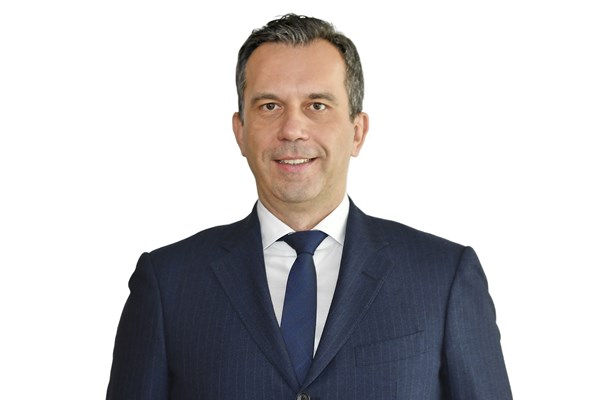
Tomislav Svetina
2021. – 2026.

Marijan Kustić
2019. – 2021.
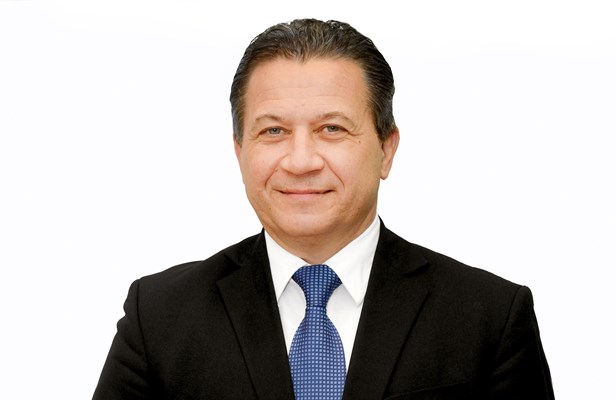
Damir Vrbanović
2012. – 2019.
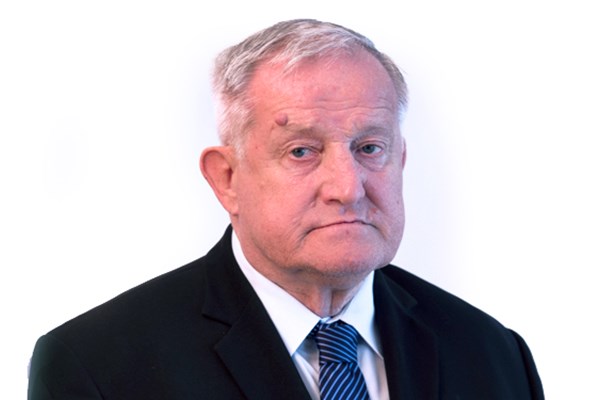
Zorislav Srebrić
1998. – 2012.
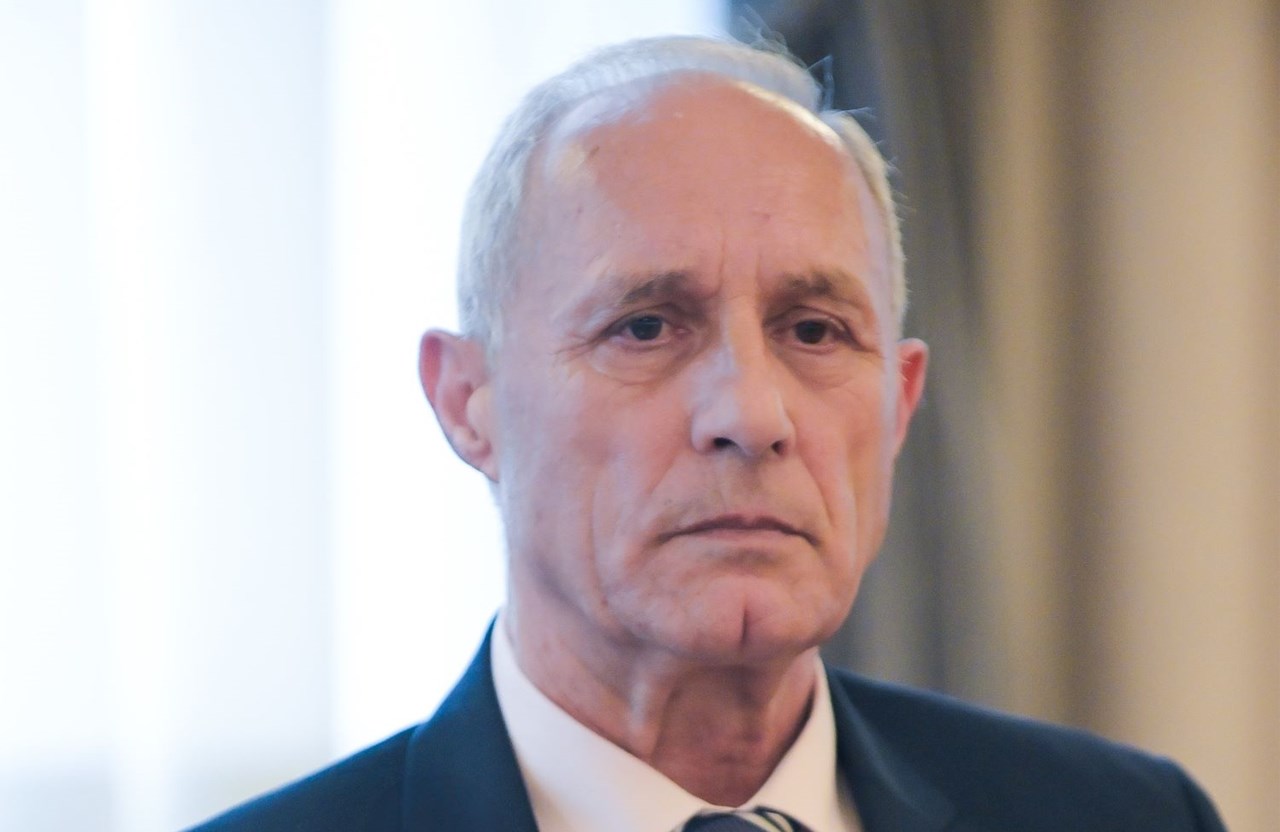
Josip Čop
1996. – 1998.
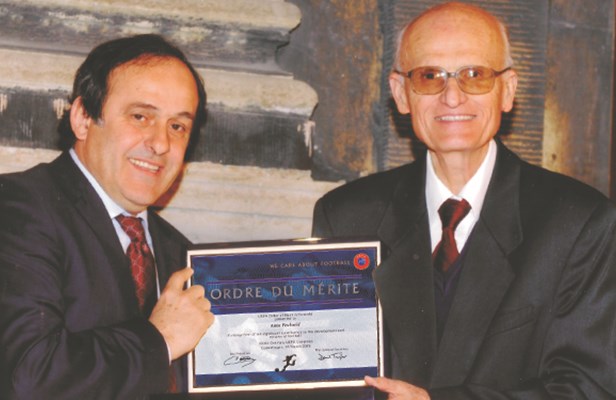
Ante Pavlović (v.d.)
1995. – 1996.
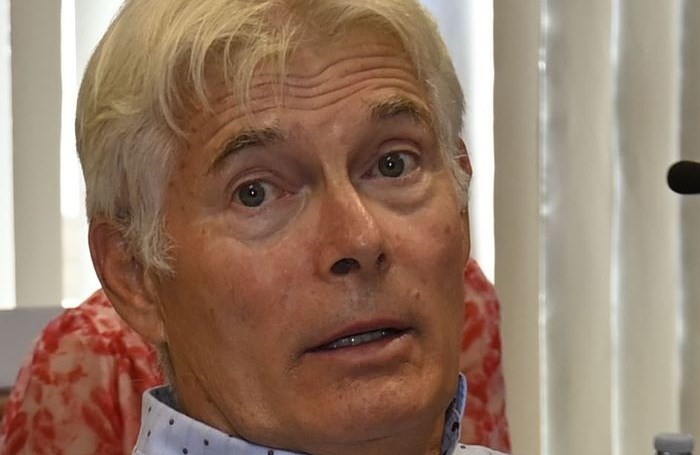
Duško Grabovac
1990. – 1995.
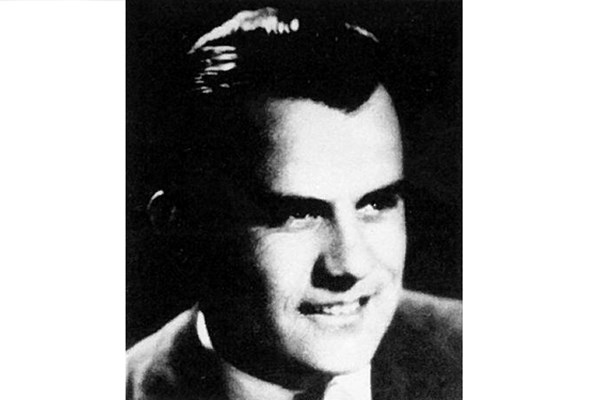
prof. Marko Jurić
1981. – 1990.

Ante Pavlović
1962. – 1981.
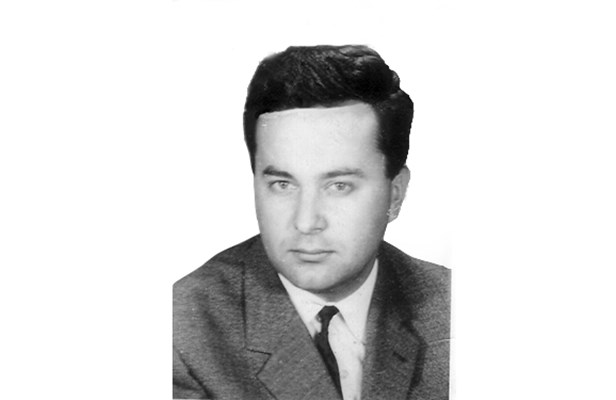
Boris Tepšić
1959. – 1965.

Vlado Bogatec
1957. – 1965.

Mirko Oklobdžija
1950. – 1957.

Ivan Barišić
1949. – 1950.
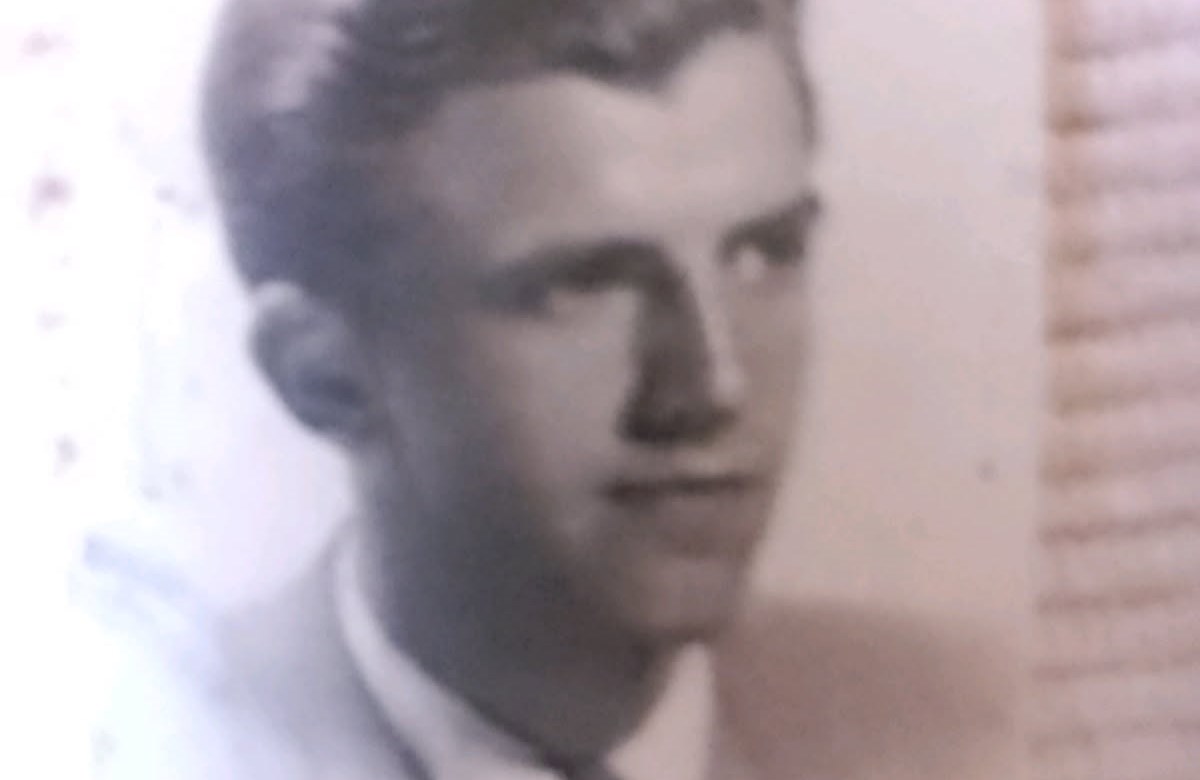
Božidar Žapčić
1945. – 1948.
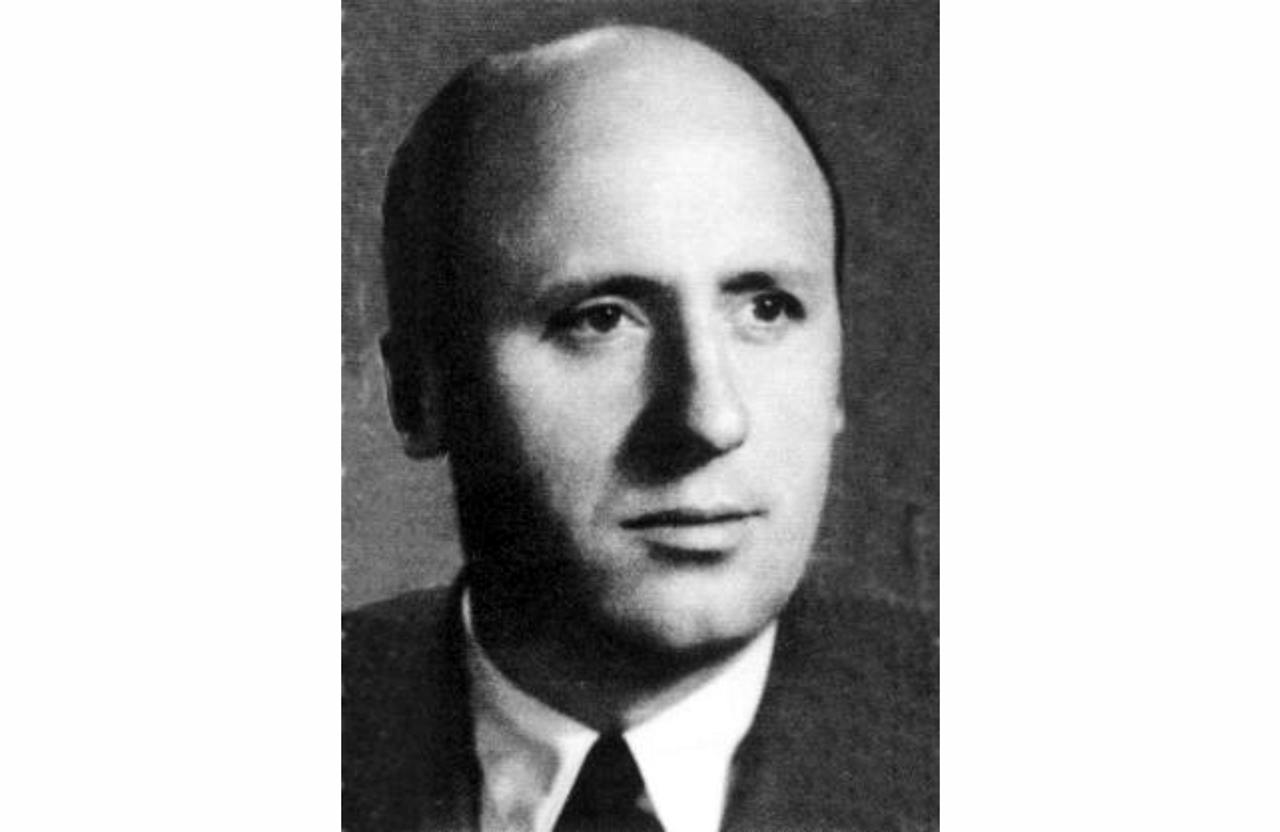
Rudolf Sabljak
1945. – 1947.

Bruno Knežević
1945. – 1949.

Danko Tuzlanić
1943. – 1945.

Nikola Zdunić
1943. – 1945.

Stjepan Sandia
1943. – 1945.

Božidar Žabčić
1943.

Rudolf Sabljak
1943.
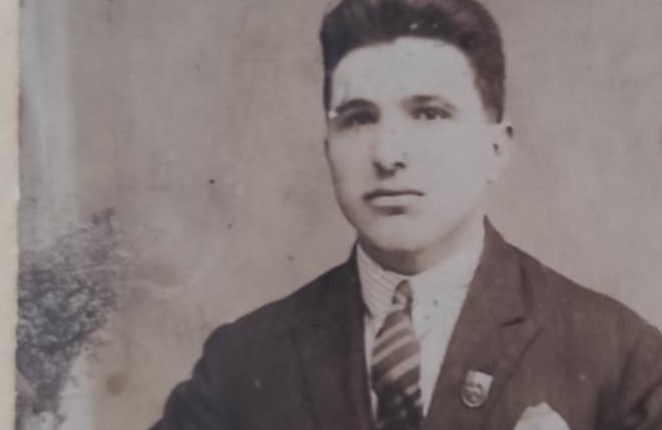
Valent Malović
1940. – 1941.

Vatroslav Petek
1941.
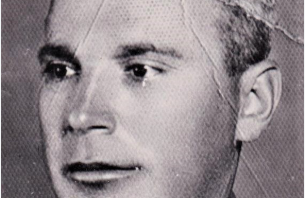
Josip Šikić
1940. – 1941.

Mijo Hršak
1940.
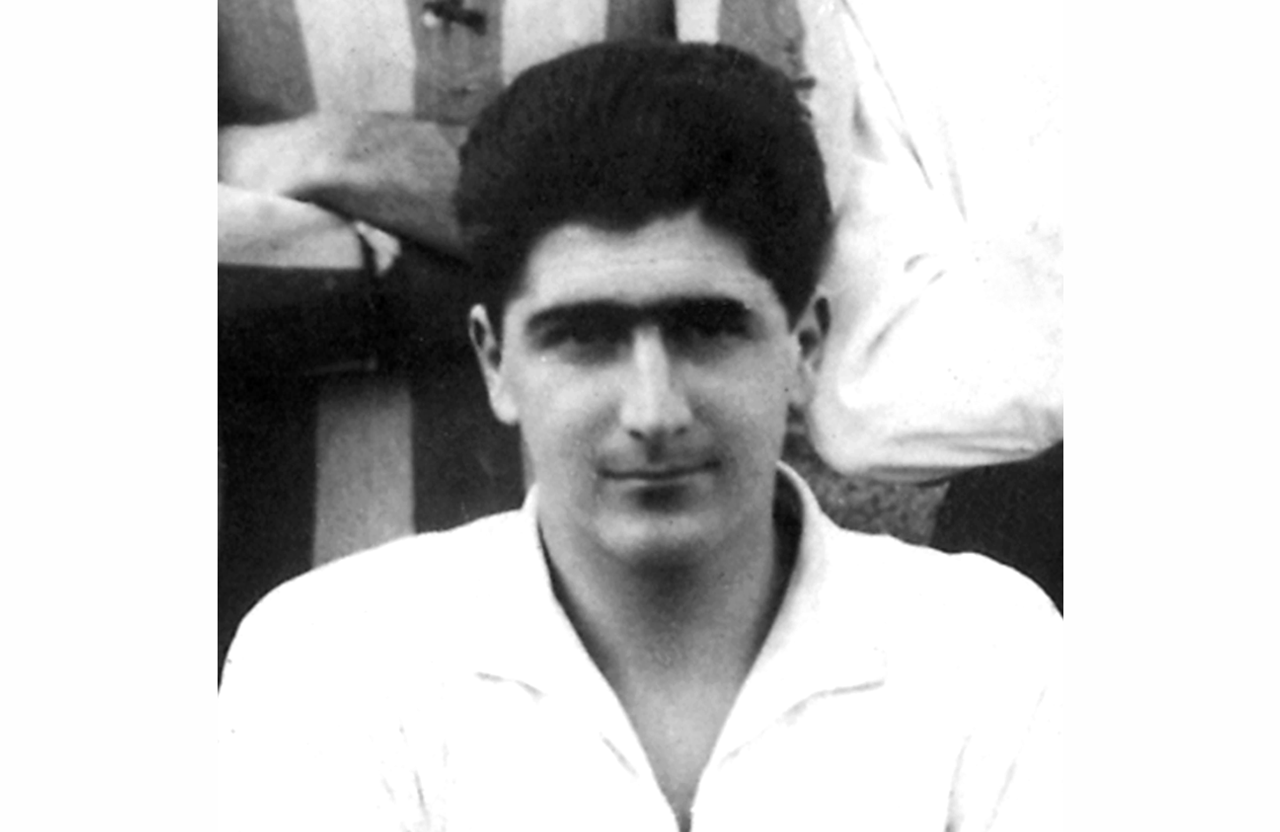
Ivo Šuste
1940.

Viktor Mašek
1940.
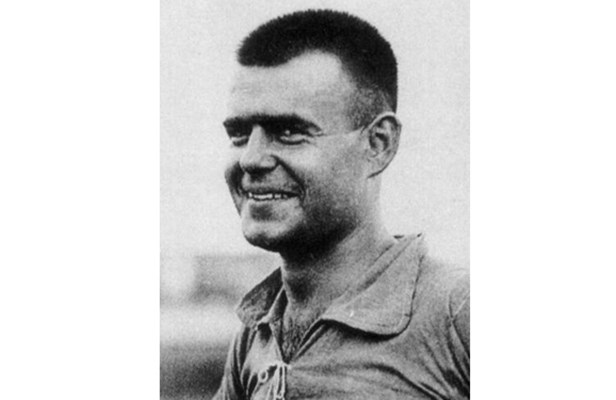
Bogdan Cuvaj
1939. – 1940.
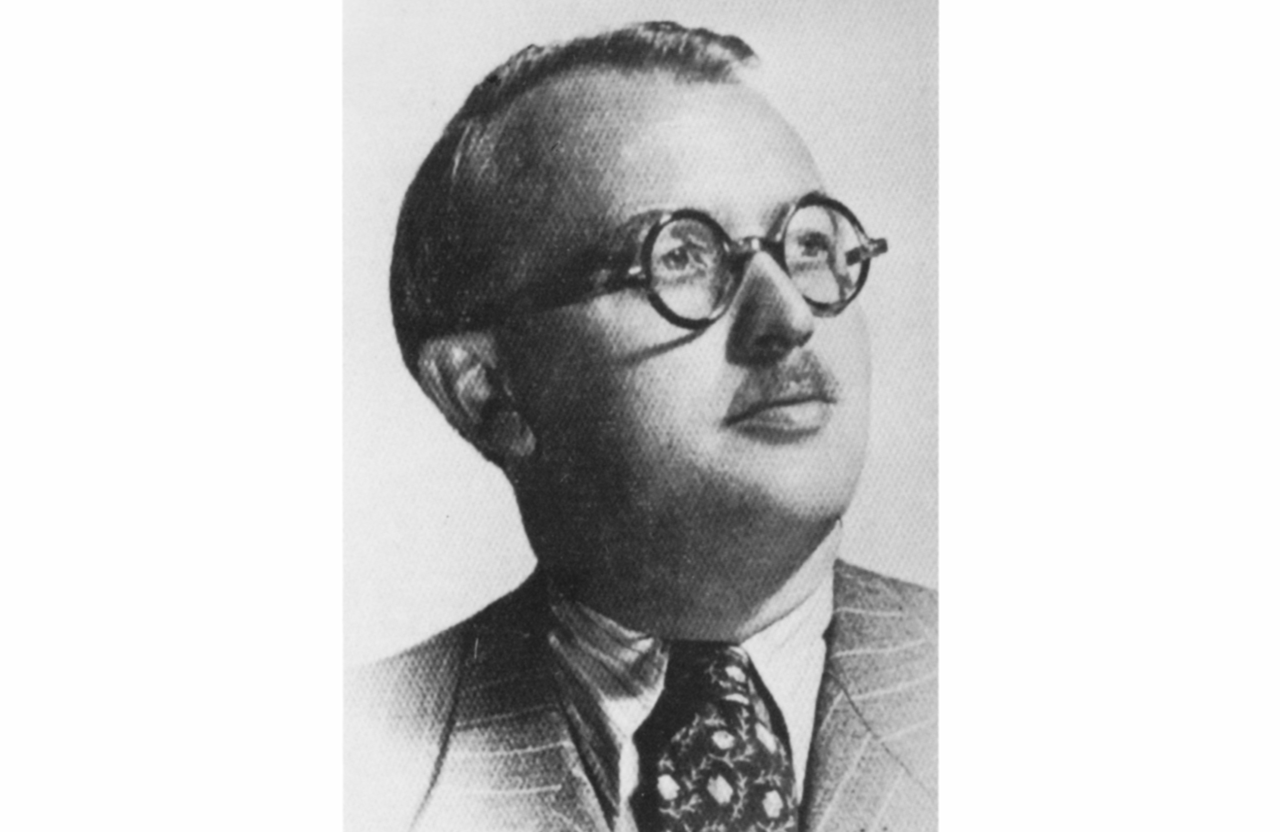
Julije Frangen
1939. – 1940.
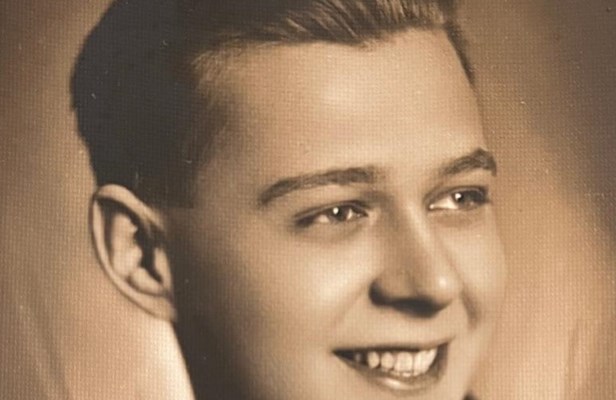
Velimir Lamza
1939. – 1940.
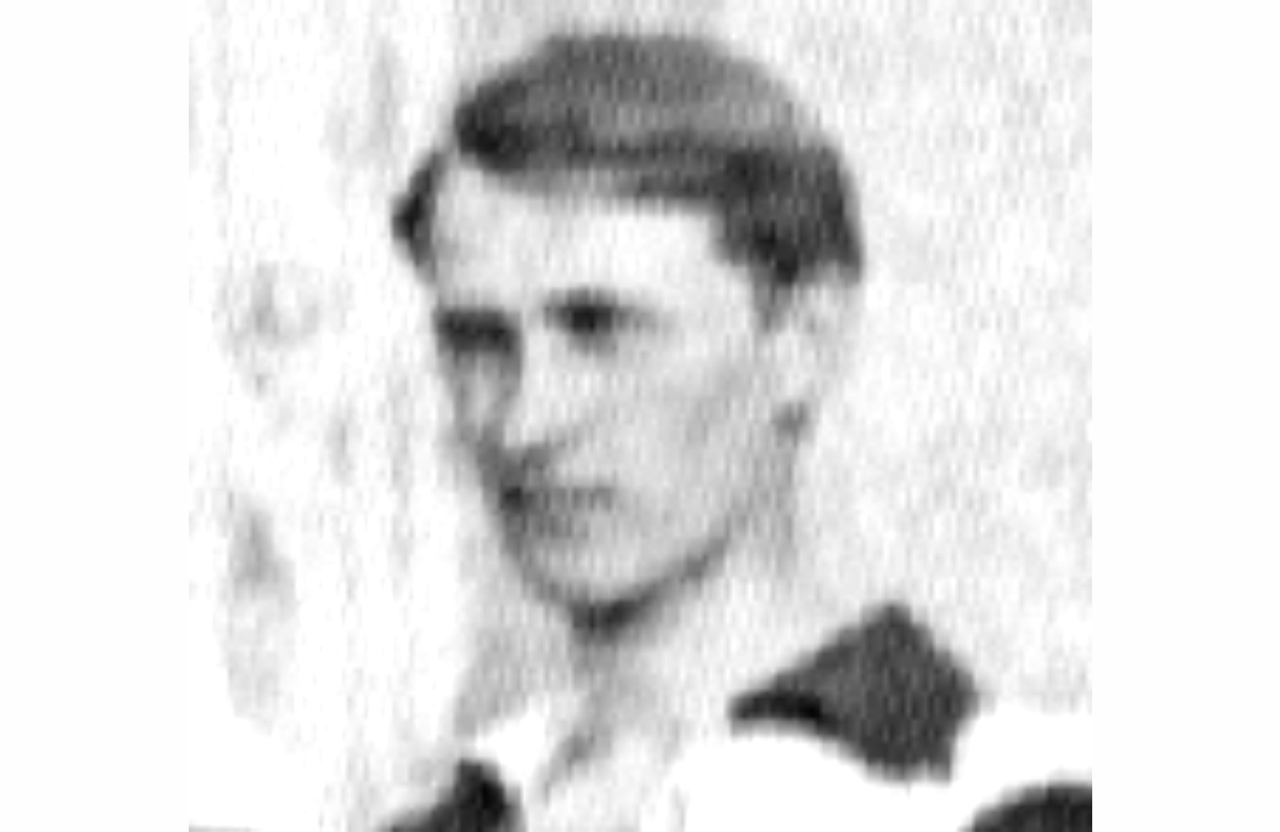
Janko Justin
1918. – 1919.
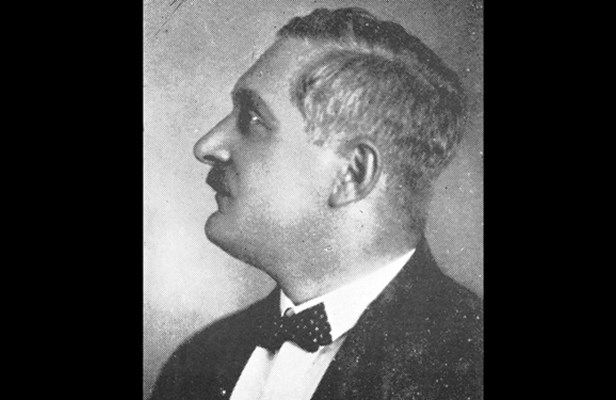
Fran Šuklje
1918. – 1919.

Zvonimir Klobučar
1914. – 1918.
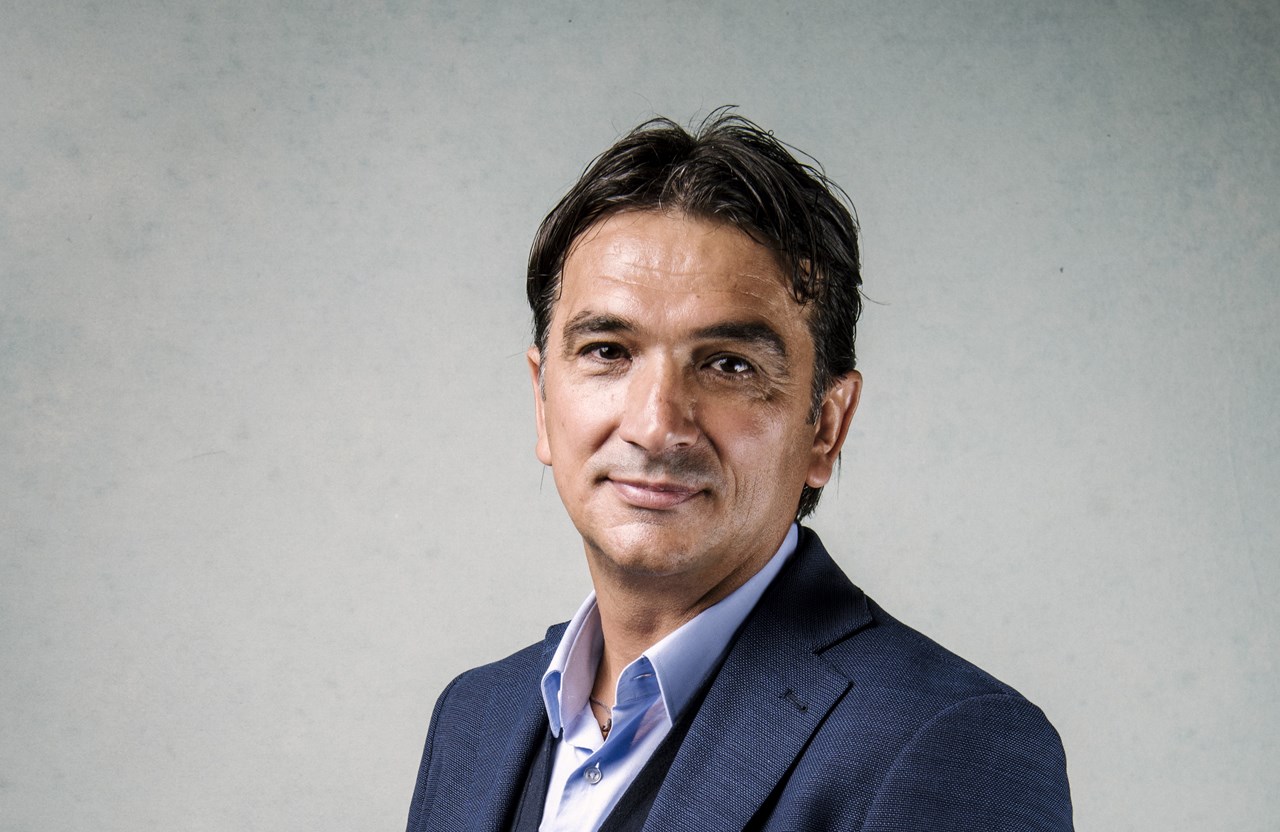
Zlatko Dalić
2017. –
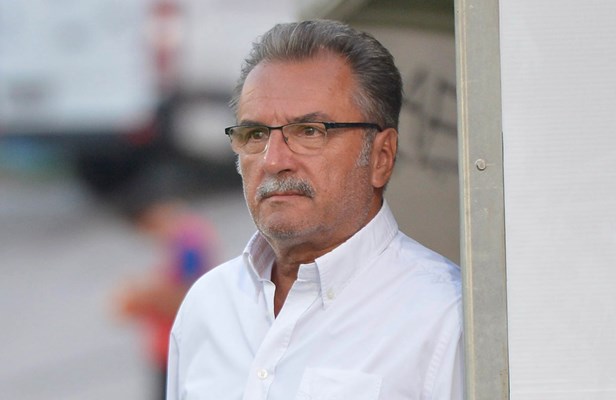
Ante Čačić
2015. – 2017.
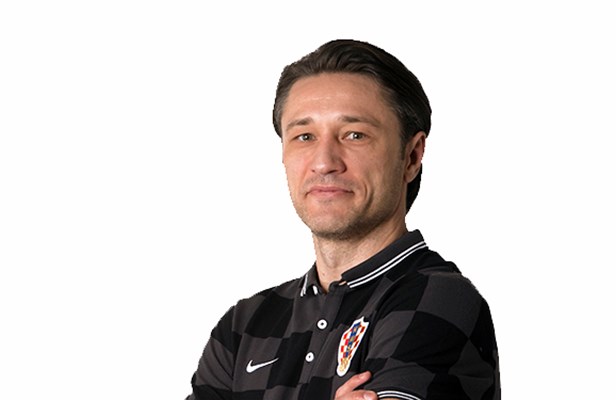
Niko Kovač
2013. – 2015.
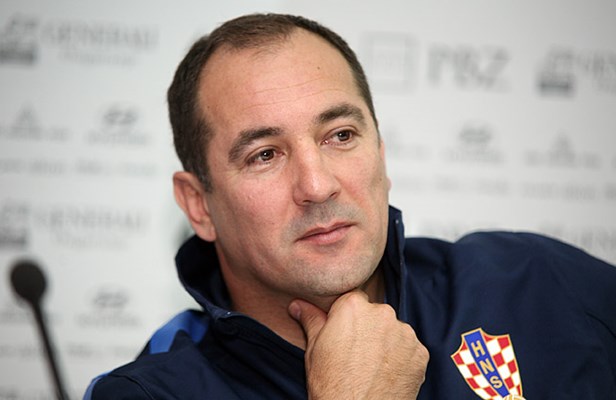
Igor Štimac
2012. – 2013.
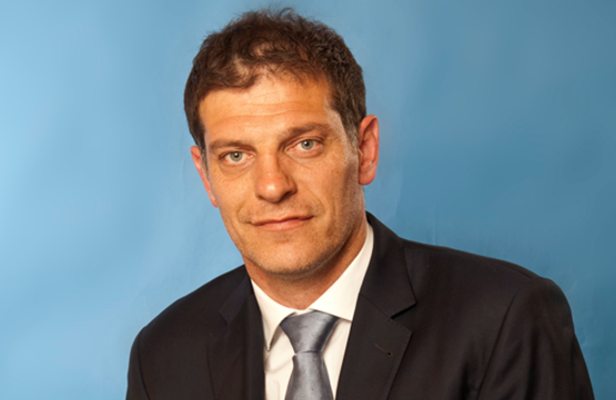
Slaven Bilić
2006. – 2012.
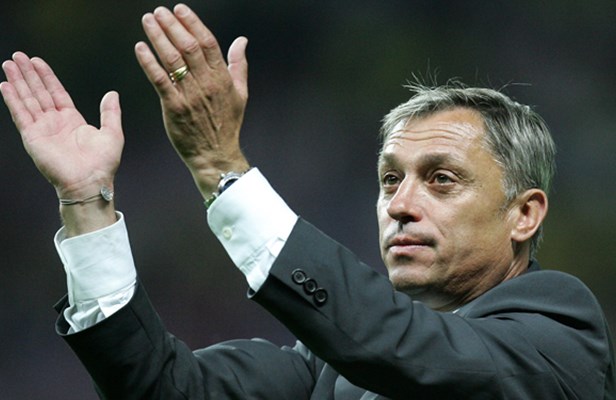
Zlatko Kranjčar
2004. – 2006.
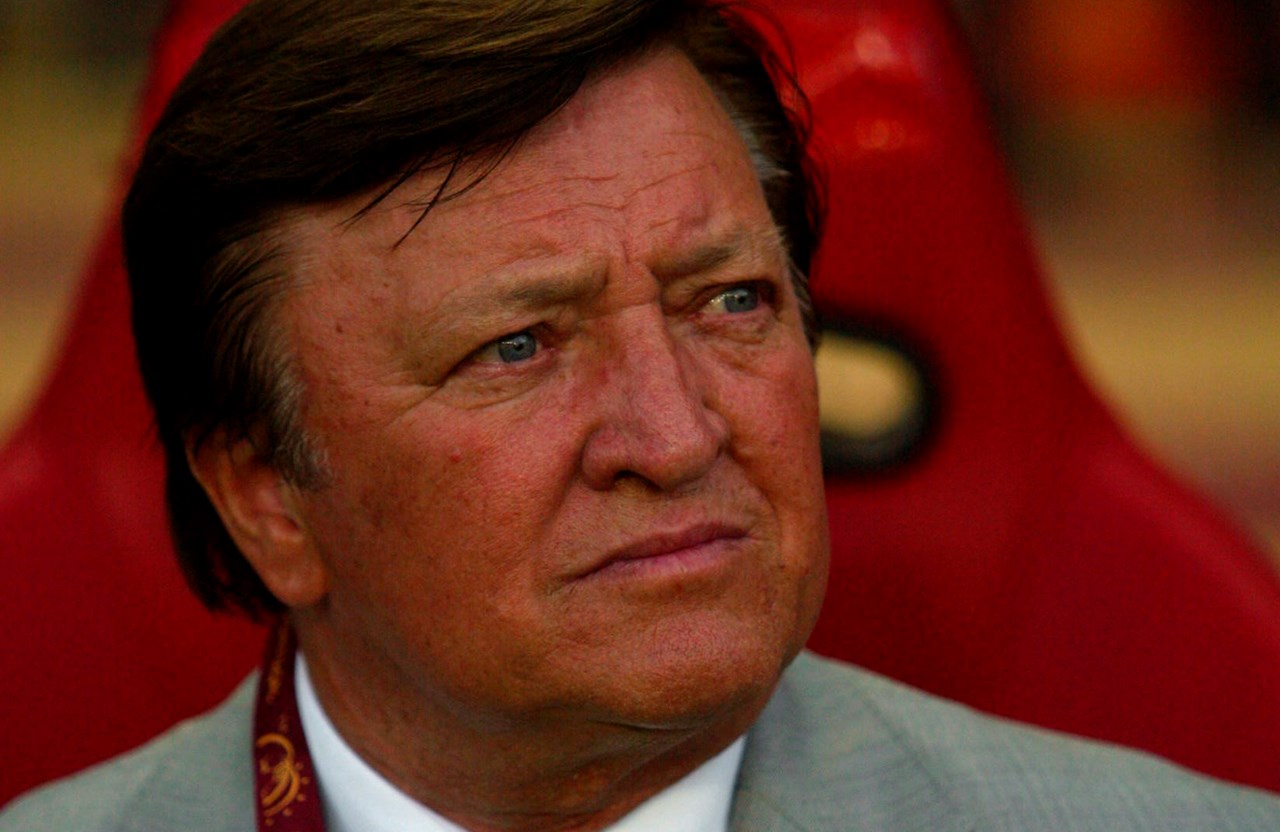
Otto Barić
2002. – 2004.
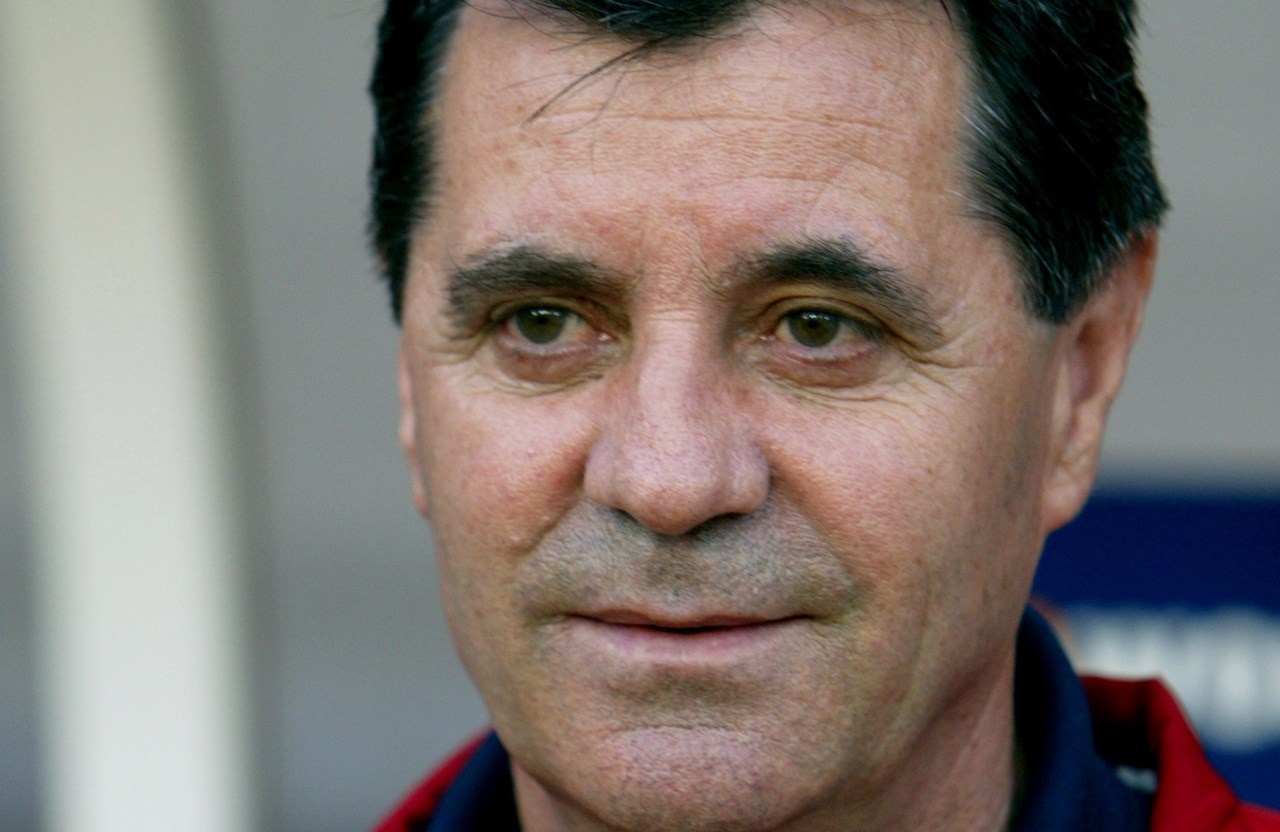
Mirko Jozić
2000. – 2002.
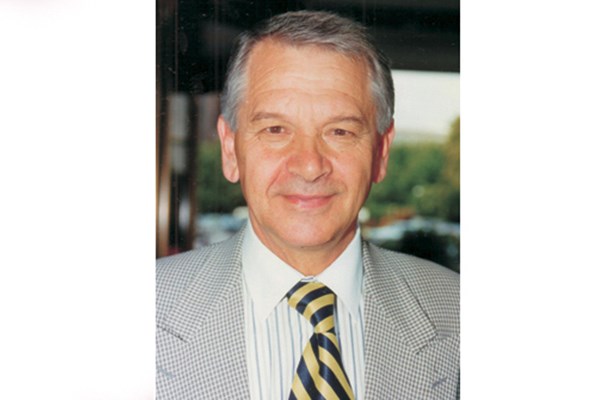
Tomislav Ivić
1995.
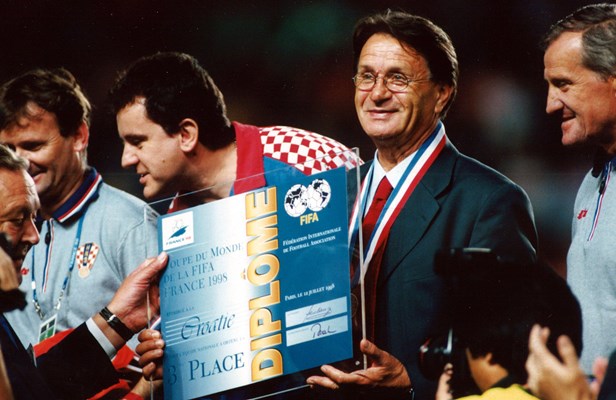
Miroslav Blažević
1994. – 2000.
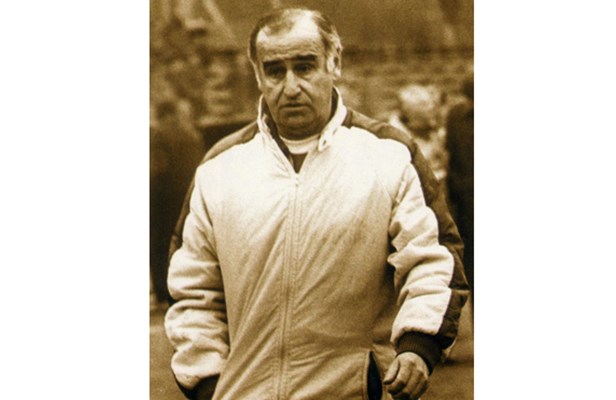
Vlatko Marković
1993.
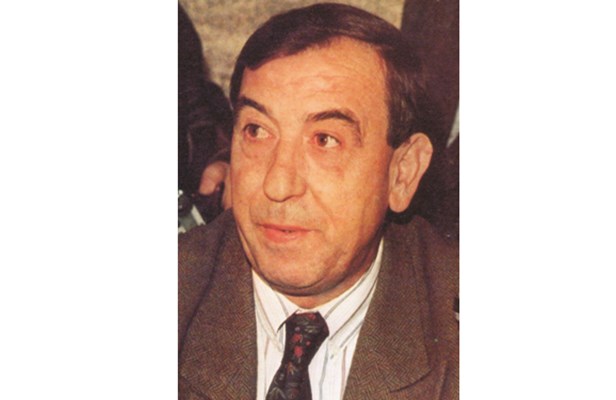
Stanko Poklepović
1992.

Dražan Jerković
1990. – 1991.
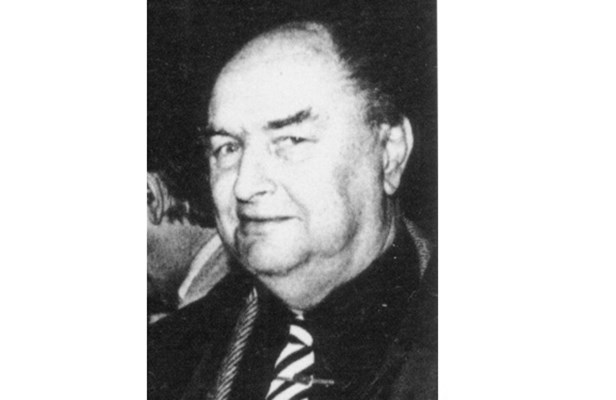
Franjo Wölfl
1956.
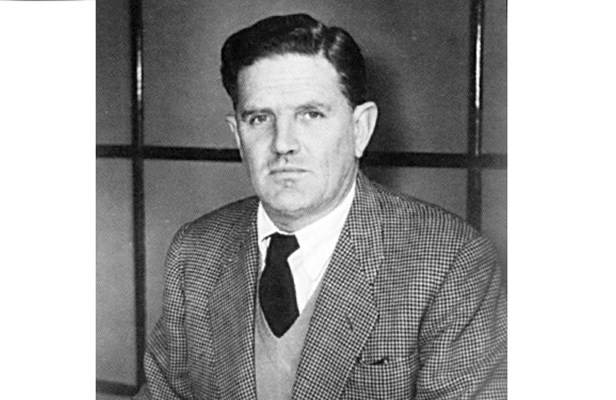
Leo Lemešić
1956.
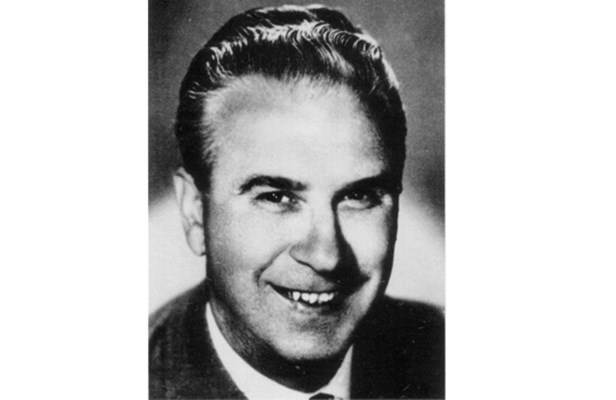
Bruno Knežević
1956.
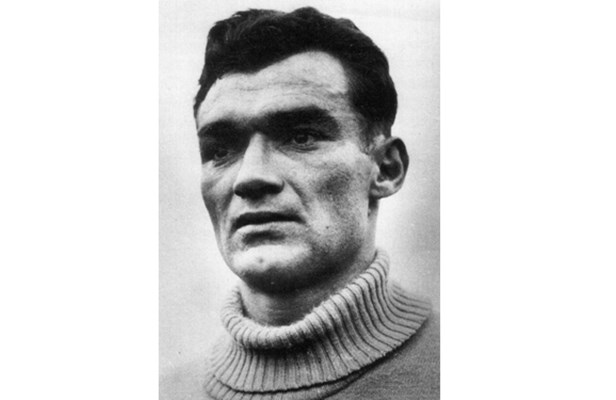
Bernard Hügl
1943. – 1945.

Bogdan Cuvaj
1941. – 1943.

dr.Rudolf Hitrec
1941.
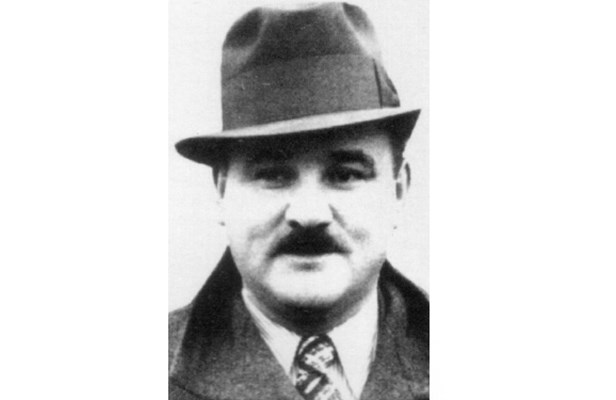
Jozo Jakopić
1939. – 1941.
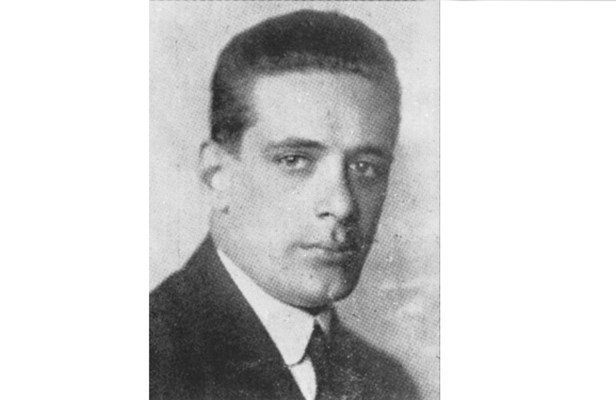
Hugo Kinert
1918. – 1919.
- National Team
- Youth teams
- Futsal
- 1996UEFA Euro, England: Quarterfinals
- 1998FIFA World Cup., France: Bronze medal
- 2002FIFA World Cup, Korea and Japan: Group stage
- 2004UEFA Euro, Portugal: Group stage
- 2006FIFA World Cup, Germany: Group stage
- 2008UEFA Euro, Austria and Switzerland: Quarterfinals
- 2012UEFA Euro, Poland and Ukraine: Group stage
- 2014FIFA World Cup, Brazil: Group Stage
- 2016UEFA Euro, France: Round of 16
- 2018FIFA World Cup, Russia: Silver medal
- 2020UEFA Euro 2020: Round of 16
- 2022FIFA World Cup, Qatar: Bronze medal
- 2023UEFA Nations League, Netherlands: Silver medal
- 2024UEFA Euro 2024: Group Stage
- 2026FIFA World Cup, USA, Mexico and Canada: Qualified
- 1996UEFA U-16 European Championship, Austria: Quarterfinals
- 1998UEFA U-16 European Championship, Scotland: Quarterfinals
- 1998UEFA U-18 European Championship, Cyprus: Bronze medal
- 1999FIFA U-20 World Cup, Nigeria: Knockout phase
- 1999UEFA U-16 European Championship, Czech Republic: Group stage
- 2000UEFA U-21 European Championship, Slovakia: Group stage
- 2000UEFA U-18 European Championship, Germany: Group stage
- 2001UEFA U-16 European Championship, England: Bronze medal
- 2001FIFA U-17 World Cup, Trinidad and Tobago: Group stage
- 2004UEFA U-21 European Championship, Germany: Group stage
- 2005UEFA U-17 European Championship, Italy: Semi-finals
- 2010UEFA U-19 European Championship, France: Semi-finals
- 2011FIFA U-20 World Cup, Columbia: Group stage
- 2012UEFA U-19 European Championship, Estonia: Group stage
- 2013UEFA U-17 European Championship, Slovakia: Group stage
- 2013FIFA U-20 World Cup, Turkey: Knockout phase
- 2013FIFA U-17 World Cup, UAE: Group stage
- 2015UEFA U-17 European Championships, Bulgaria: Quarterfinals
- 2015FIFA U-17 World Cup, Chile: Quarterfinals
- 2016UEFA U-19 European Championships, Germany: Group stage
- 2017UEFA U-17 European Championships, Croatia: Hosts/Group stage
- 2019UEFA U-21 European Championships, Italy/San Marino: Group stage
- 2021UEFA U-21 European Championships, Slovenia/Hungary: Quarterfinals
- 2023UEFA U-17 European Championships, Hungary: Group Stage
- 2023UEFA U-21 European Championships, Romania/Georgia: Group Stage
- 2024UEFA U-17 European Championships, Cyprus: Group Stage
- 2025FIFA U-17 World Cup, Qatar: Round of 16
- 1999UEFA Futsal EC, Spain: Group stage
- 2000FIFA Futsal WC, Guatemala: Group stage
- 2001UEFA Futsal EC, Russia: Group stage
- 2008UEFA Futsal U-21 EC, Russia: Group stage
- 2012UEFA Futsal EC, Croatia: Semi-finals
- 2014UEFA Futsal EC, Belgium: Quarter-finals
- 2016UEFA Futsal EC, Serbia: Group stage
- 2019UEFA U-19 Futsal Euro, Latvia: Silver medal
- 2022UEFA Futsal EC, Netherlands: Group stage
- 2022UEFA U-19 Futsal Euro, Spain: Group Stage
- 2023UEFA U-19 Futsal Euro, Croatia: Group Stage
- 2024FIFA Futsal WC, Uzbekistan: Round of 16
- 2026UEFA Futsal EC, Latvia, Lithuania, Slovenia: Qualified
Scoreboard
Next match
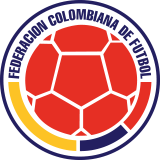
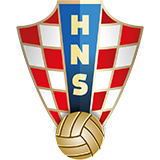
Friendly match
Colombia
Croatia
27.03.2026.
Table
WC2026 (Q)
- 1.Hrvatska8+2222
- 2.Češka8+1016
- 3.Farski Otoci8+212
- 4.Crna Gora8-99
- 5.Gibraltar8-250

